The Strategic Importance of the Castle in Chess
The game of chess is not only a test of intelligence and foresight but also a theater of war where each piece plays a crucial role in the victory or defeat of a player. Among the various chess pieces, the castle, also known as the rook, stands out for its unique abilities and strategic value. The rook may initially seem straightforward in function but possesses profound implications in the game's broader tactical and strategic contexts.
Understanding the Castle: Movement and Basic Functions
In chess, the castle moves horizontally or vertically across the board, and this ability to traverse the chessboard without restriction by distance makes it a potent tool. This linear capability allows the rook to control and influence large sections of the board, making it invaluable both in offense and defense. A player can utilize the rook to apply pressure on an opponent's position, defend key squares, or even cut off the opposing king's escape routes in the endgame.
Strategic Role of the Castle in Different Phases of the Game
1. Opening Game
In the opening phase of chess, while the primary aim is the development of knights and bishops, preparing the castles for movement is also crucial. This is typically achieved through the process known as castling—a special move involving both the king and the rook. This not only brings the rook closer to the center, where it can participate more actively but also secures the king by tucking it away towards the edge behind a wall of pawns.
2. Middlegame
During the middlegame, the rooks come into their own. Their ability to control open columns and influence both the central and extended areas of the board becomes particularly effective as pieces are exchanged and more space opens up. Effective placement of rooks in active, open lines often leads to significant strategic advantages. Techniques such as doubling rooks on an open file can be particularly devastating, allowing a player to penetrate the opponent’s position or defend against threats.
3. Endgame
In the endgame, the rook's value magnifies primarily because of its reach and power to restrict the king’s mobility. Simple endgame techniques, such as the rook behind the passed pawn strategy, outline the critical thematic role played by rooks. Whether it's driving a king to a corner or cutting off escape squares, the rook’s contribution in simplified positions (where fewer pieces are on the board) can often decide the outcome of a chess game.
Positional Value and Comparative Worth
In terms of its relative value, the rook is considered worth approximately five points, situating it above the knight and bishop, usually valued at three points each, and below the queen, valued at nine points. This valuation reflects the rook's versatility and fundamental importance in both offensive and defensive operations within a game.
However, the rook's effectiveness is highly contingent on the pawn structure and the dynamic state of the board. For instance, in closed positions where pawns block many of the potential open files, rooks may find their power somewhat stifled until those pawns are cleared.
Critical Insights and Tactical Tips Involving Castles
1. Rook Coordination
Effective coordination between the two rooks can amplify their power, particularly on open or half-open files. Planning pawn moves that open files for rooks or having rooks defend each other can be critical in building formidable rook configurations that dominate the game.
2. Rook Lifts and Swings
A less conventional, yet strategically useful, rook maneuver is the “rook lift,” where the rook is brought up through the pawn structure to participate in an attack, commonly on the king. This can often be a surprising element, shifting a seemingly defense-oriented rook into a powerful offensive asset.
3. Rook Versus Minor Pieces
In positions where rooks face minor pieces like bishops or knights, the strategy usually revolves around opening the position further to exploit the long-range power of the rook. It's also beneficial to reduce the effectiveness of the opponents' minor pieces by forcing them onto passive or defensive roles.
Incorporating Castles into Chess Strategy
Utilizing the castles effectively in chess involves understanding both their inherent power and their potential in relation to other pieces on the board. A skilled player recognizes opportunities not just for attacking but also for shaping the battlefield itself, preparing for the endgame where the true power of the rook can often be unleashed. Essential to this is the understanding of when to trade pieces, how to open lines and when to transition pieces from defensive positions to key offensive roles.
Ultimately, a chess player's ability to master the potential of the castle is a significant step towards overall improvement in the game. By appreciating the diverse capabilities and strategic importance of the rook, players can harness its strengths effectively, positioning themselves advantageously against opponents in both casual and competitive play.
Conclusion
The castle, or rook, in chess is not just a piece to be shuffled around the board but a powerful force that can shape the outcome of the game. Its strategic importance cannot be overstated, influencing all phases from the opening through to the endgame. Mastery over this formidable piece helps players develop comprehensive strategies, ensuring that they not only react to their opponent's moves but actively control the playing field. As with all chess pieces, understanding and utilizing the castle effectively requires practice, perception, and a deep appreciation of the game's intricate dynamics.
Explore our large collection of beautiful chess sets!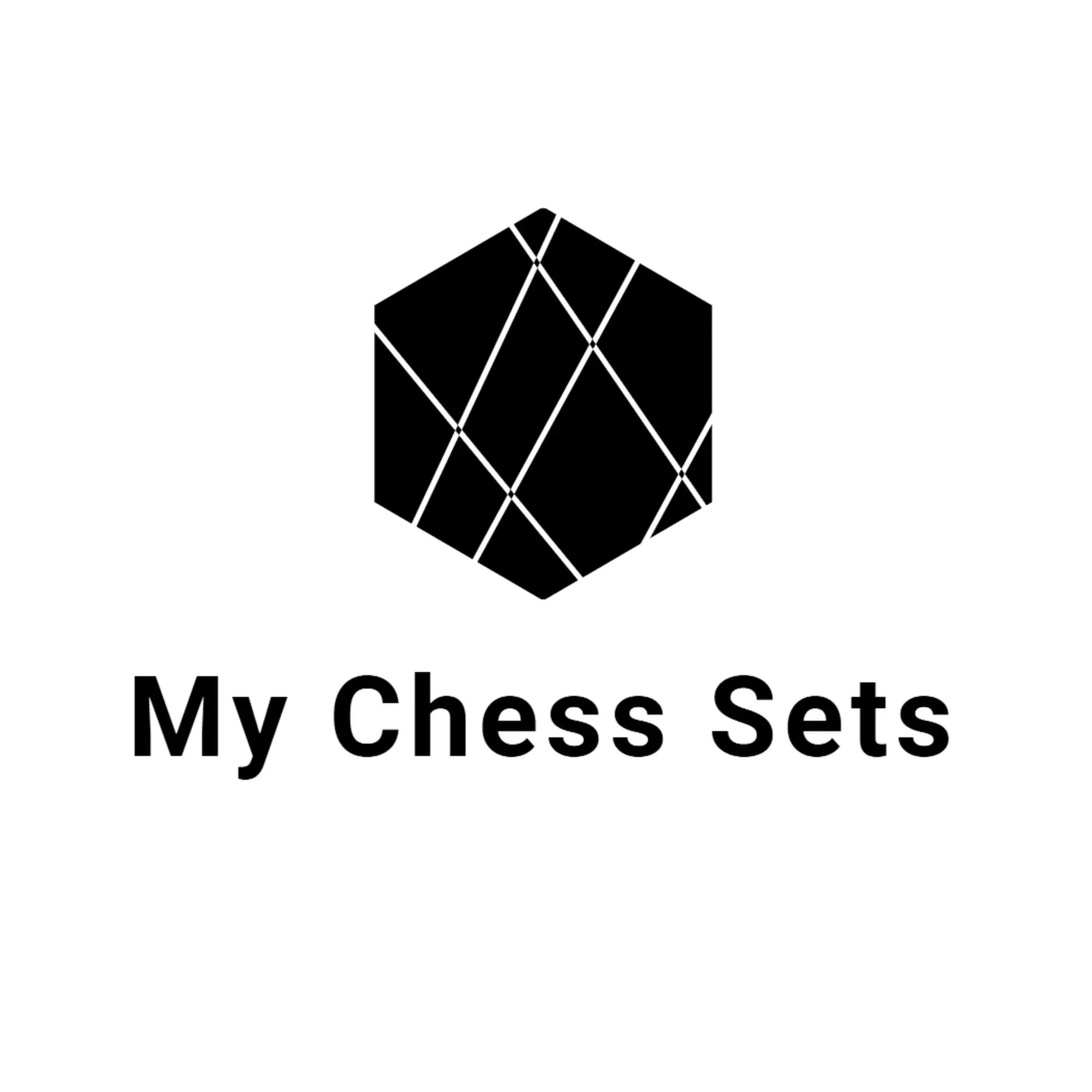

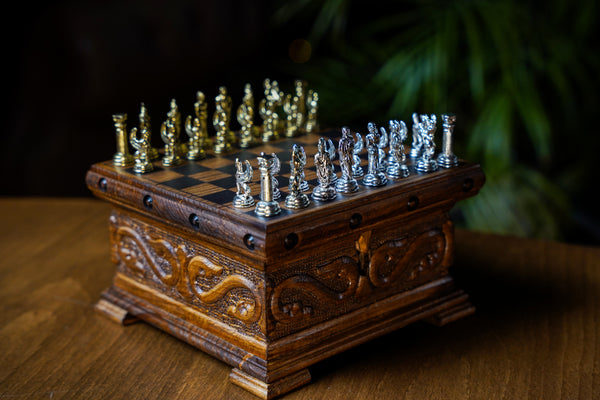
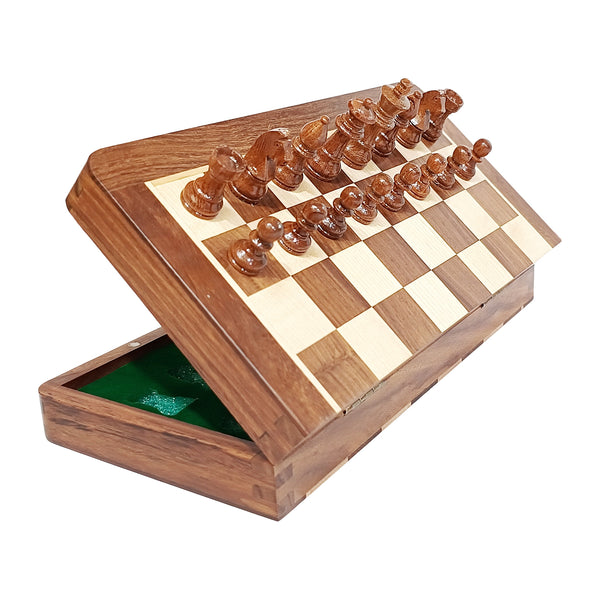
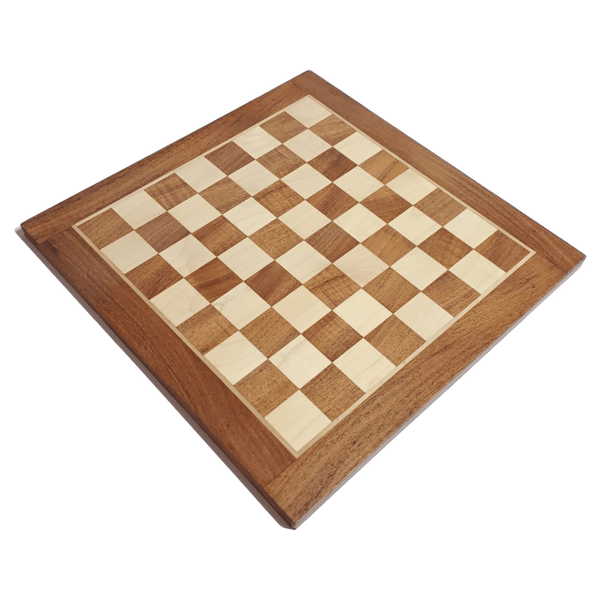

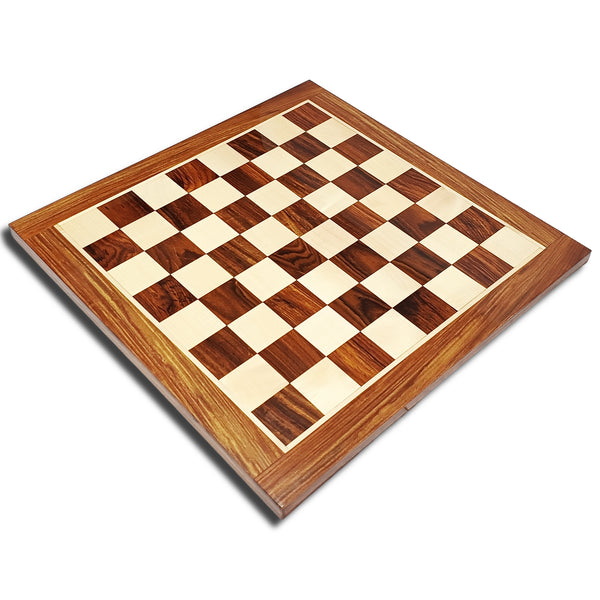
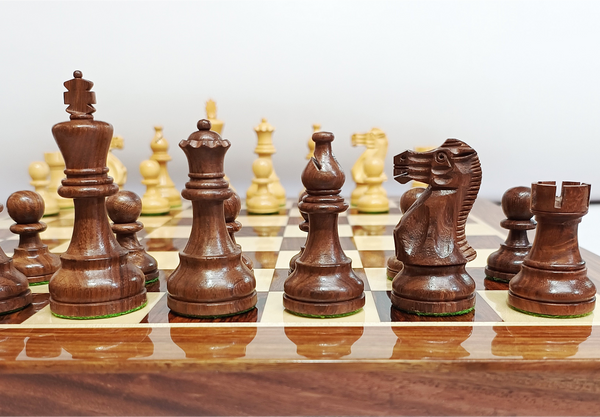
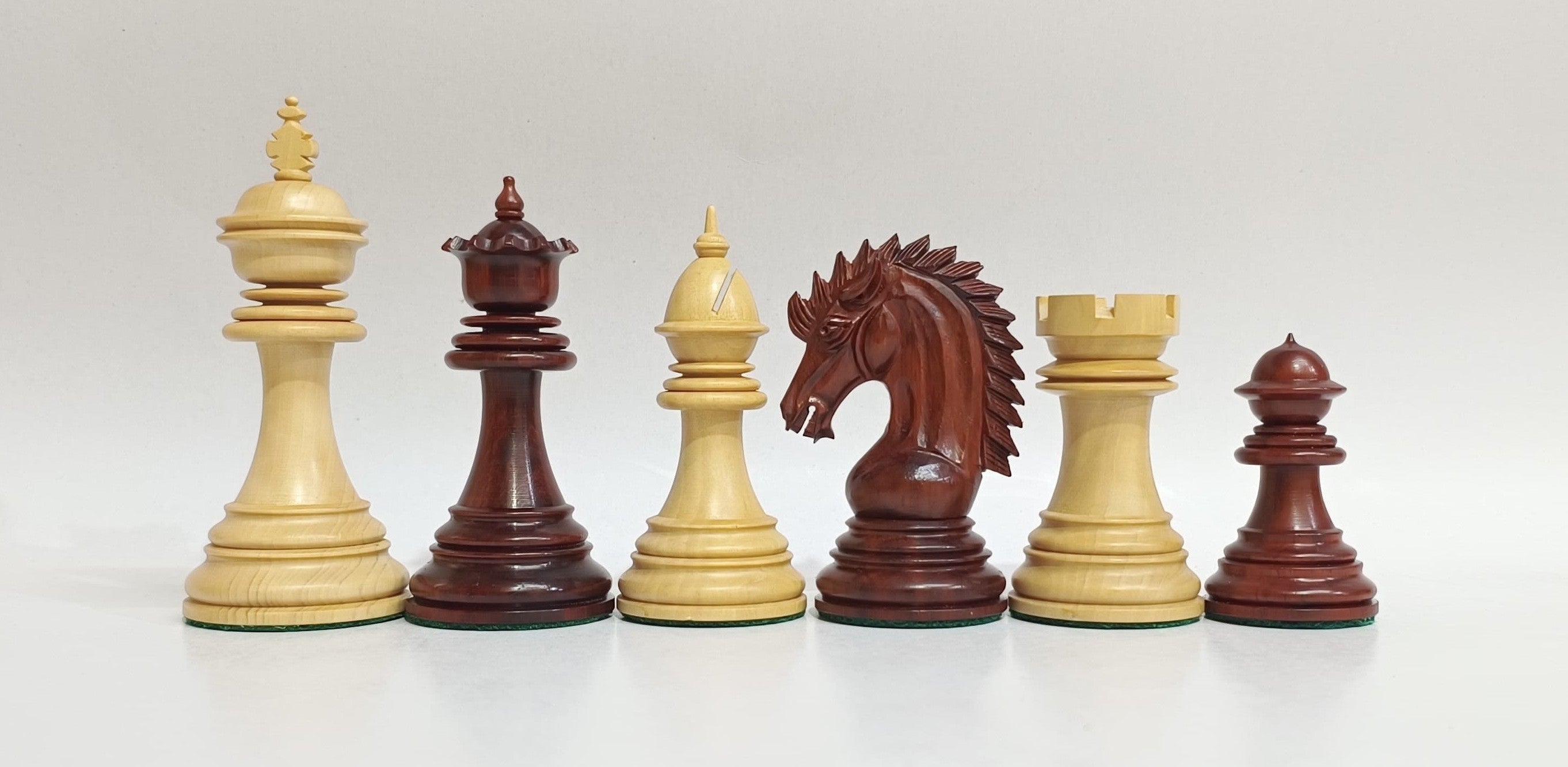
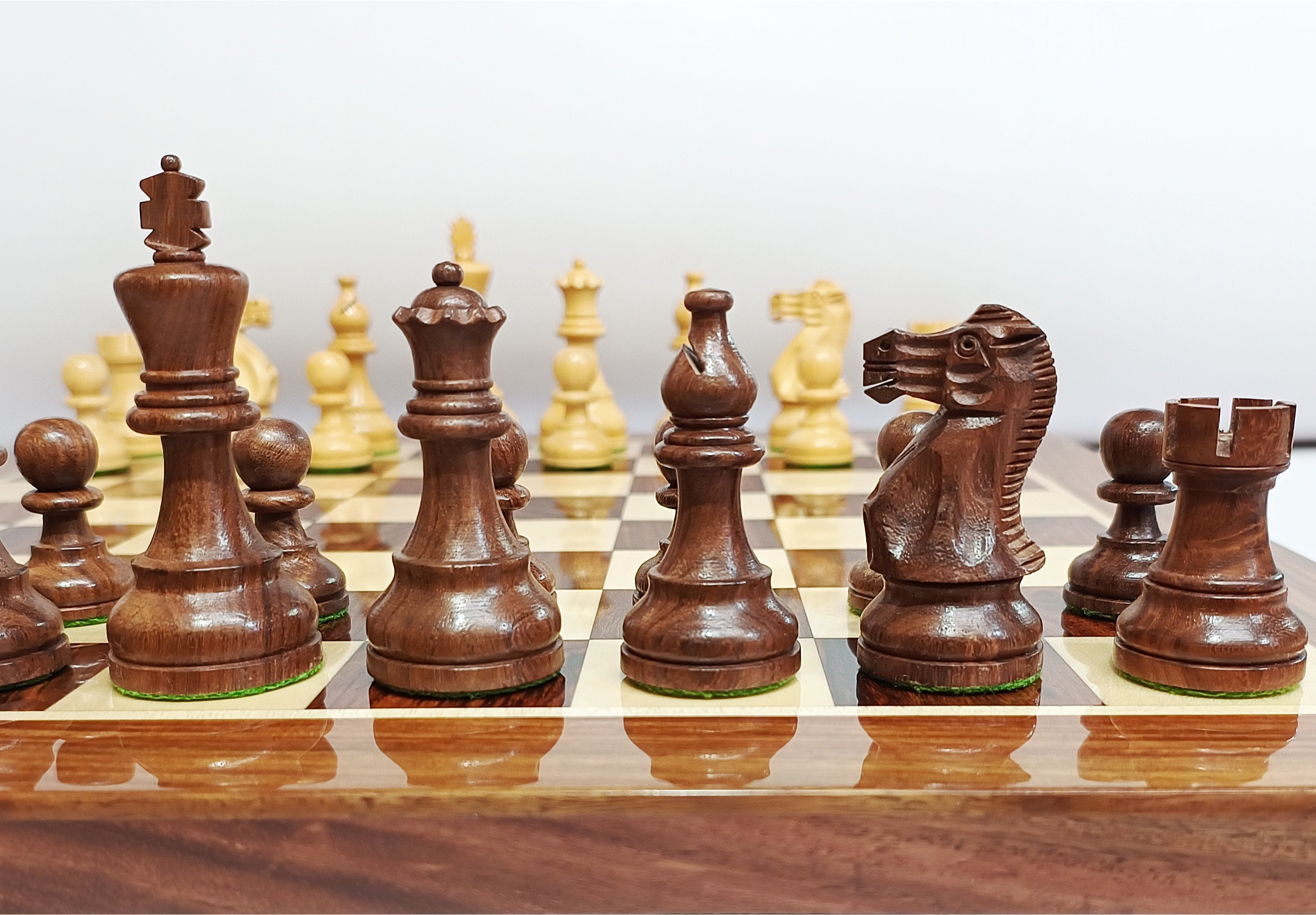
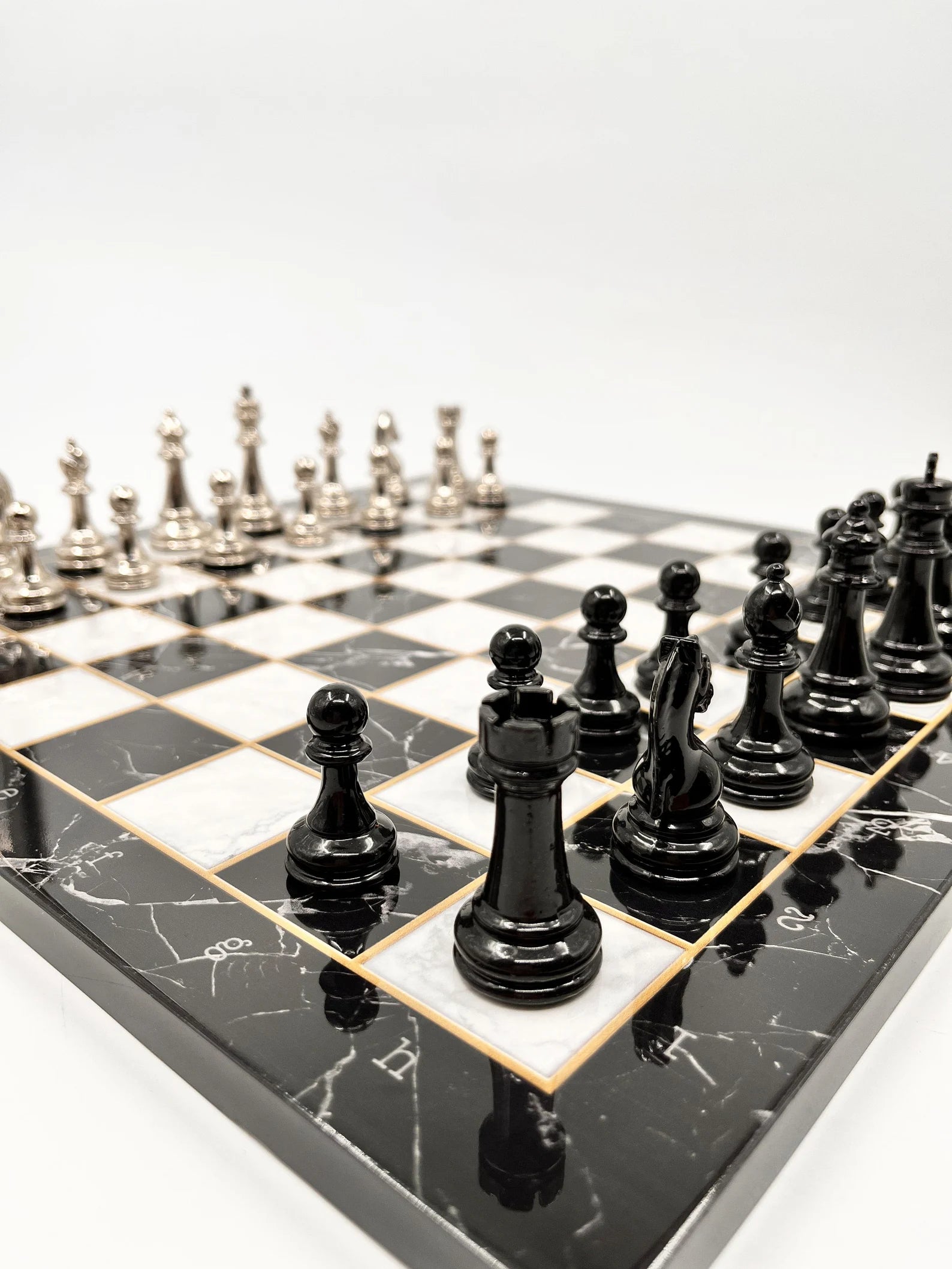
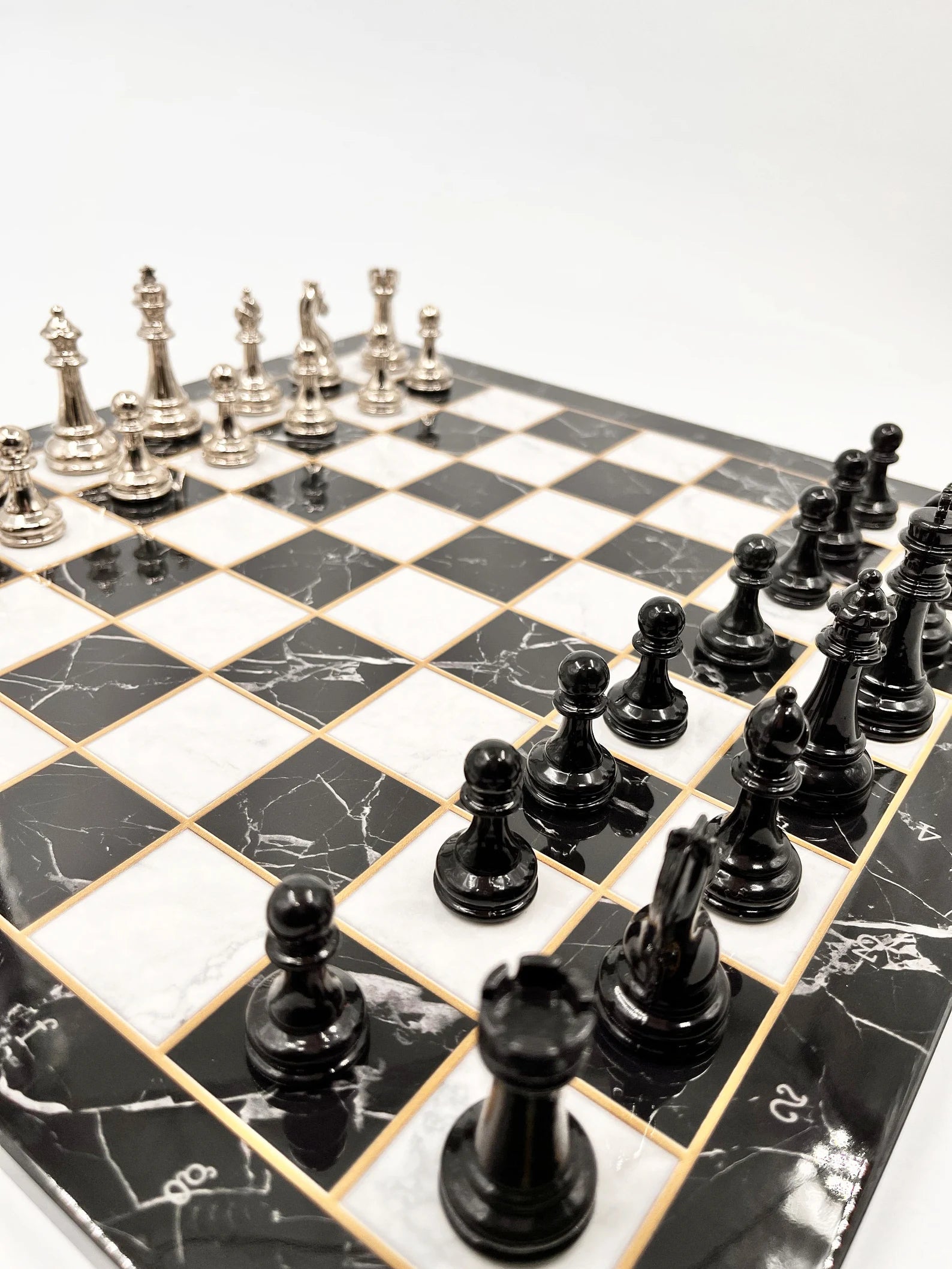
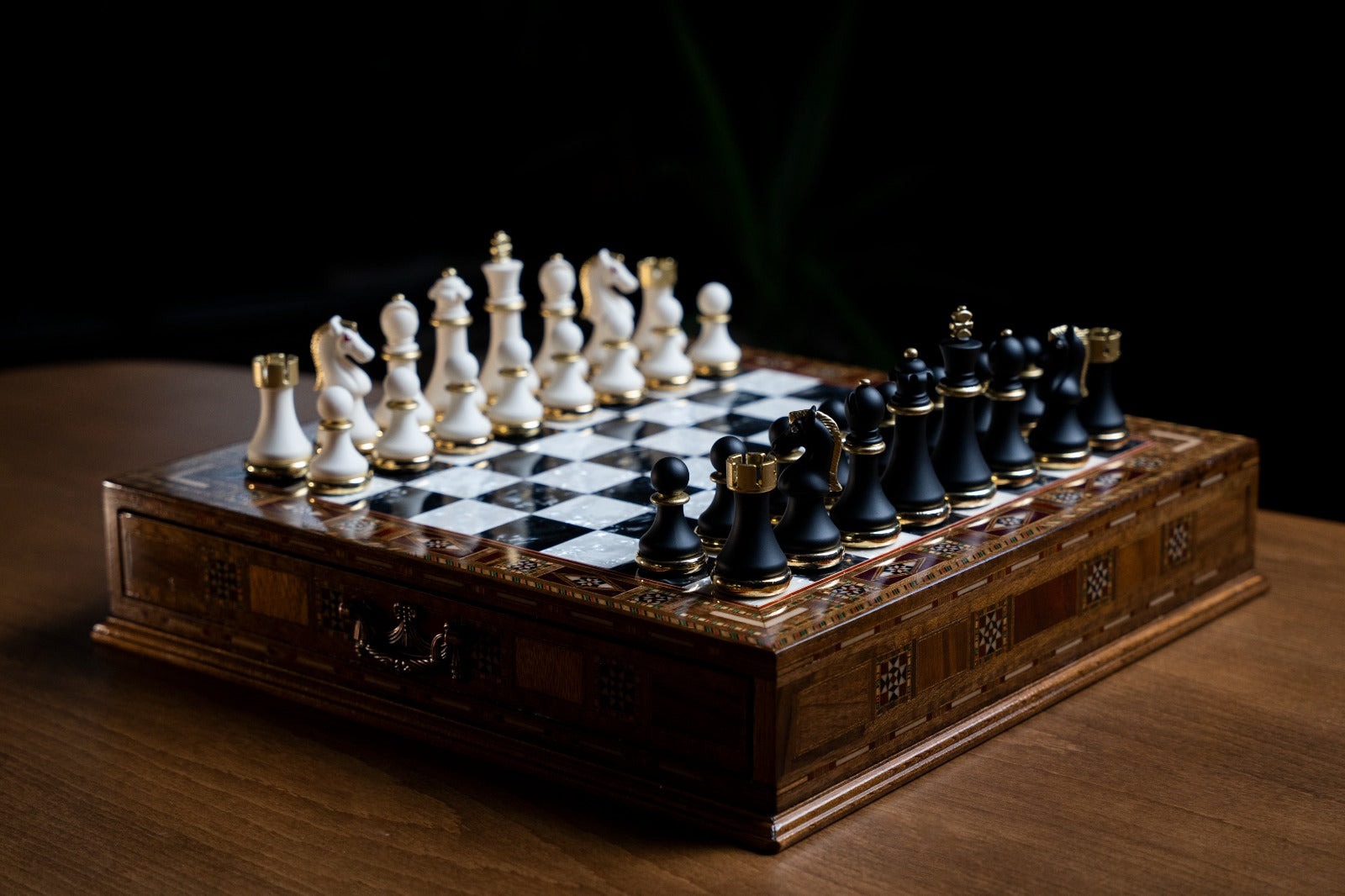
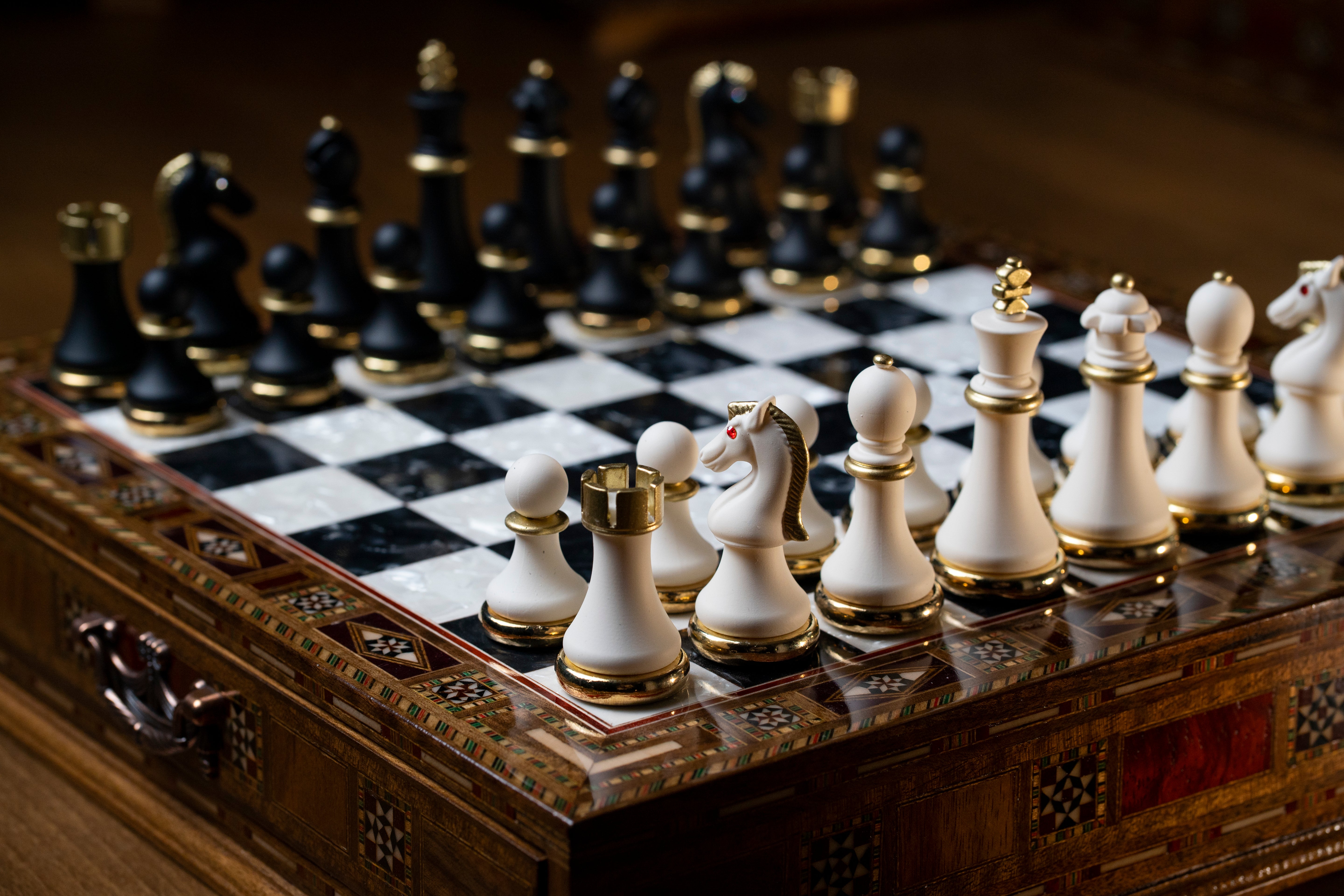
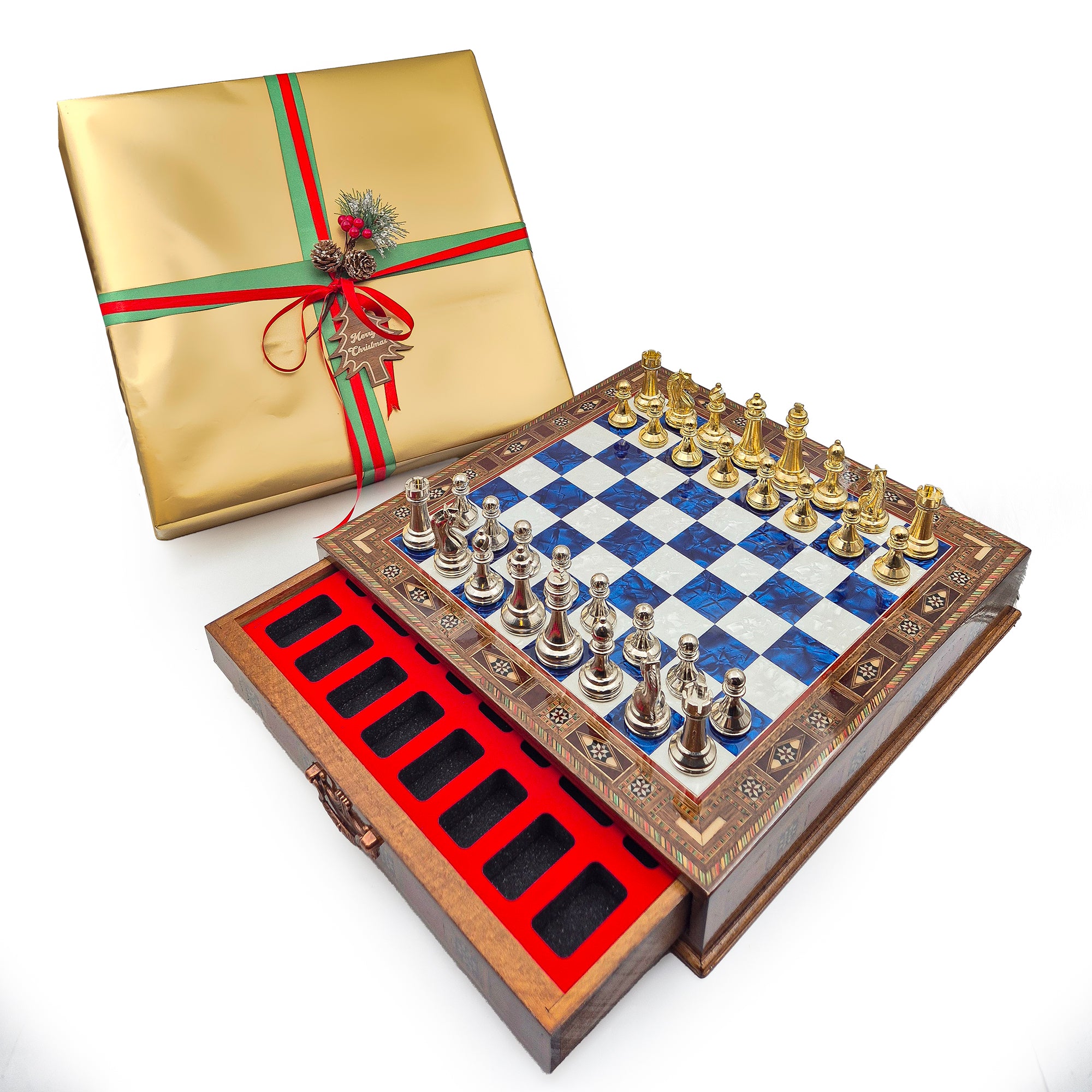
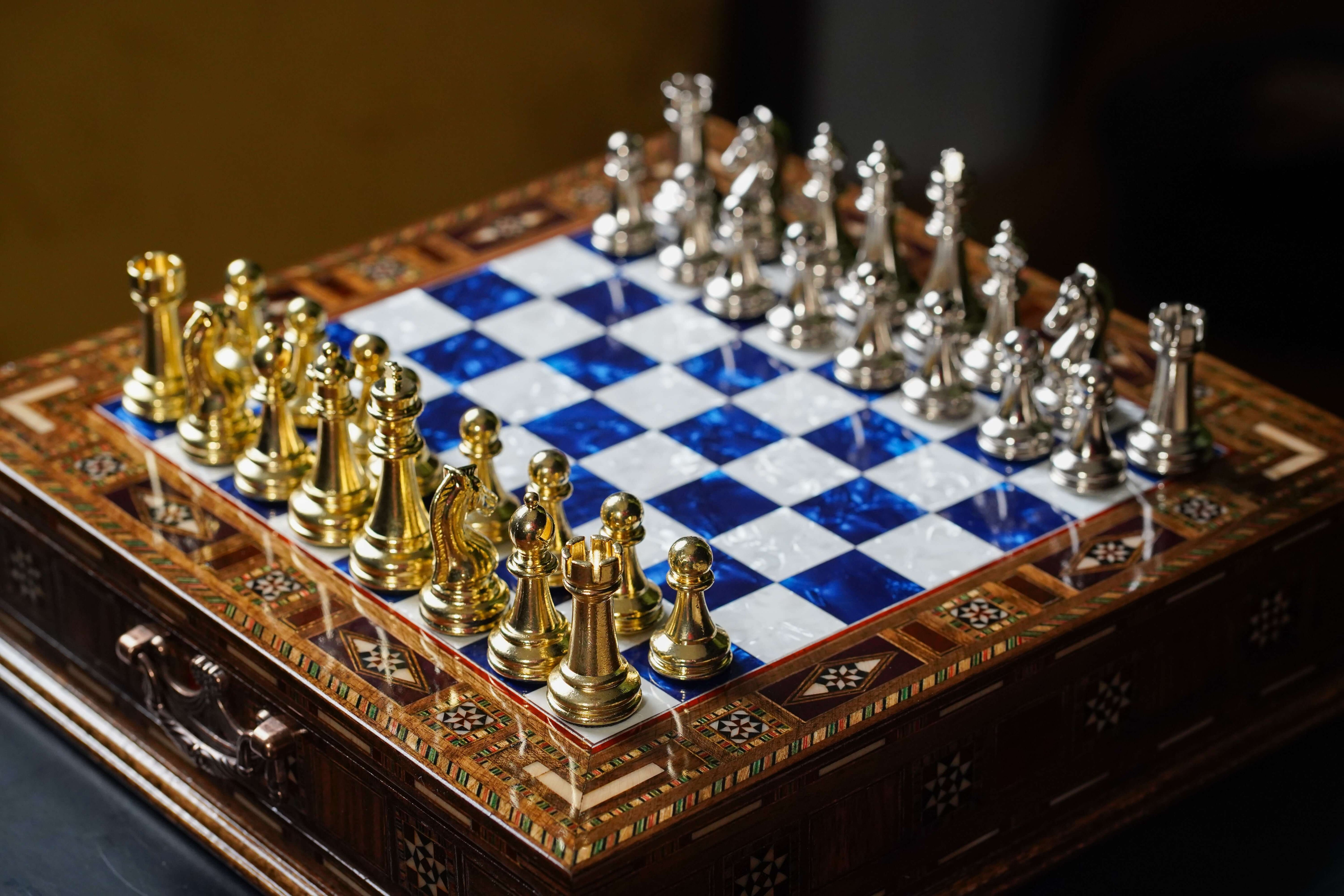
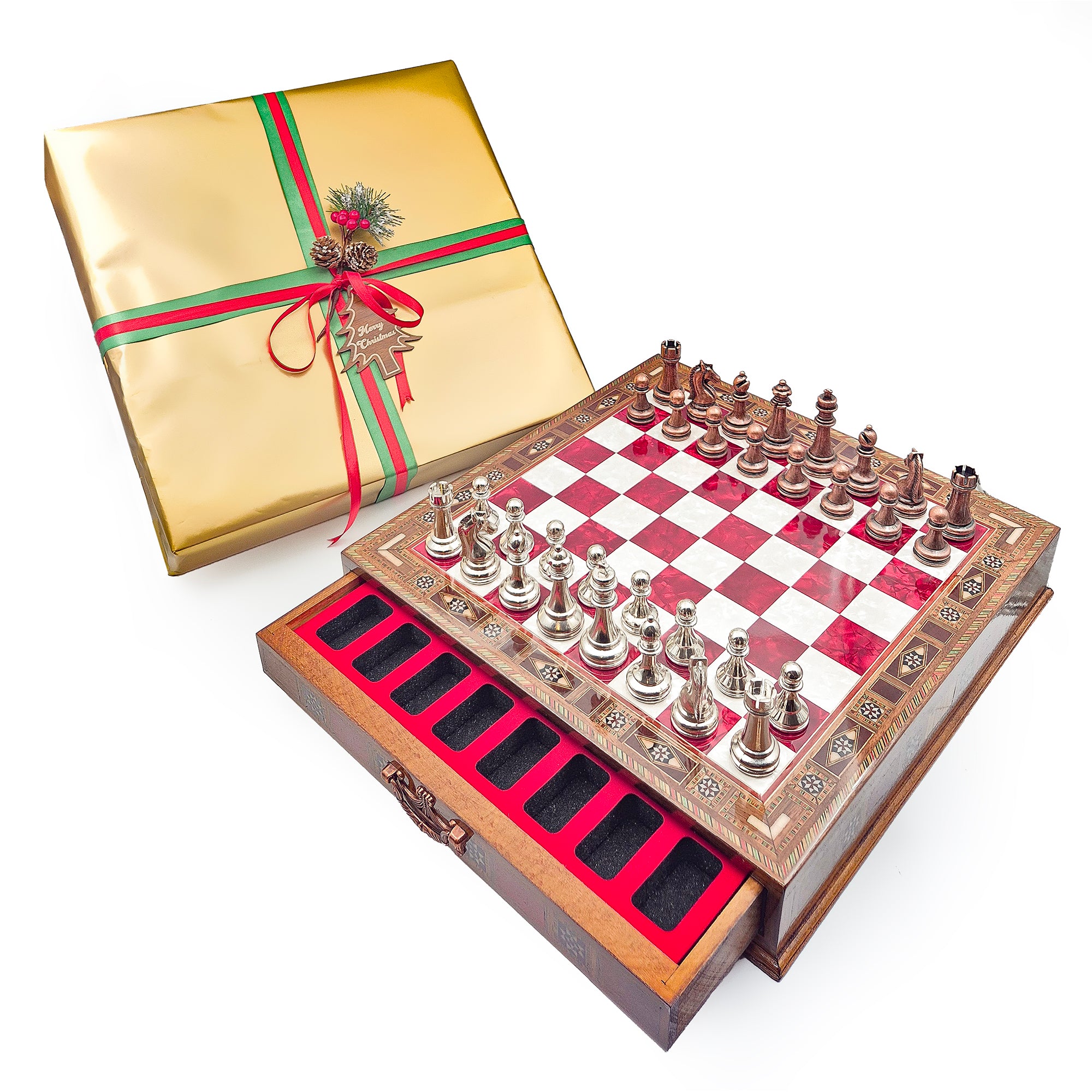
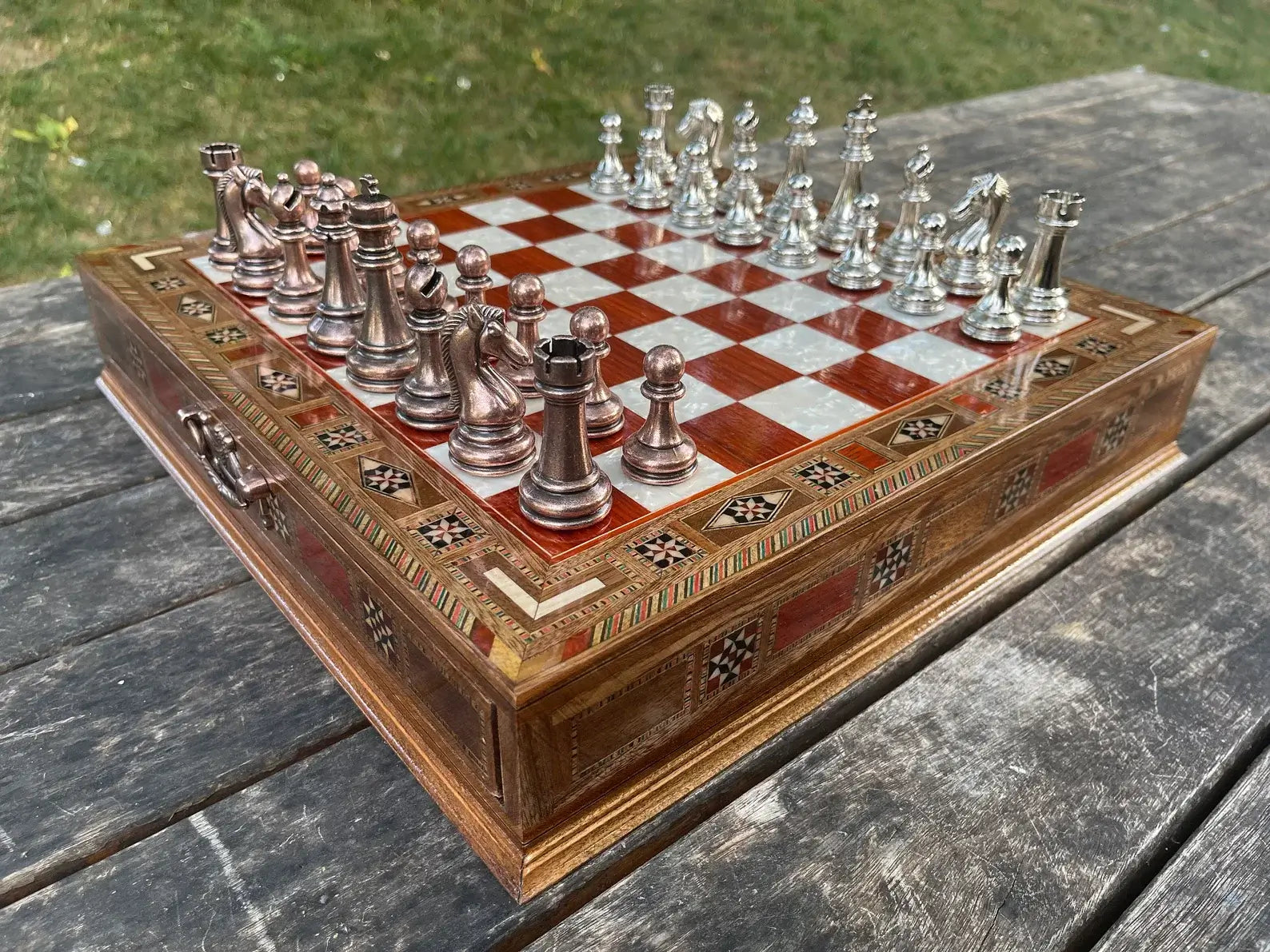
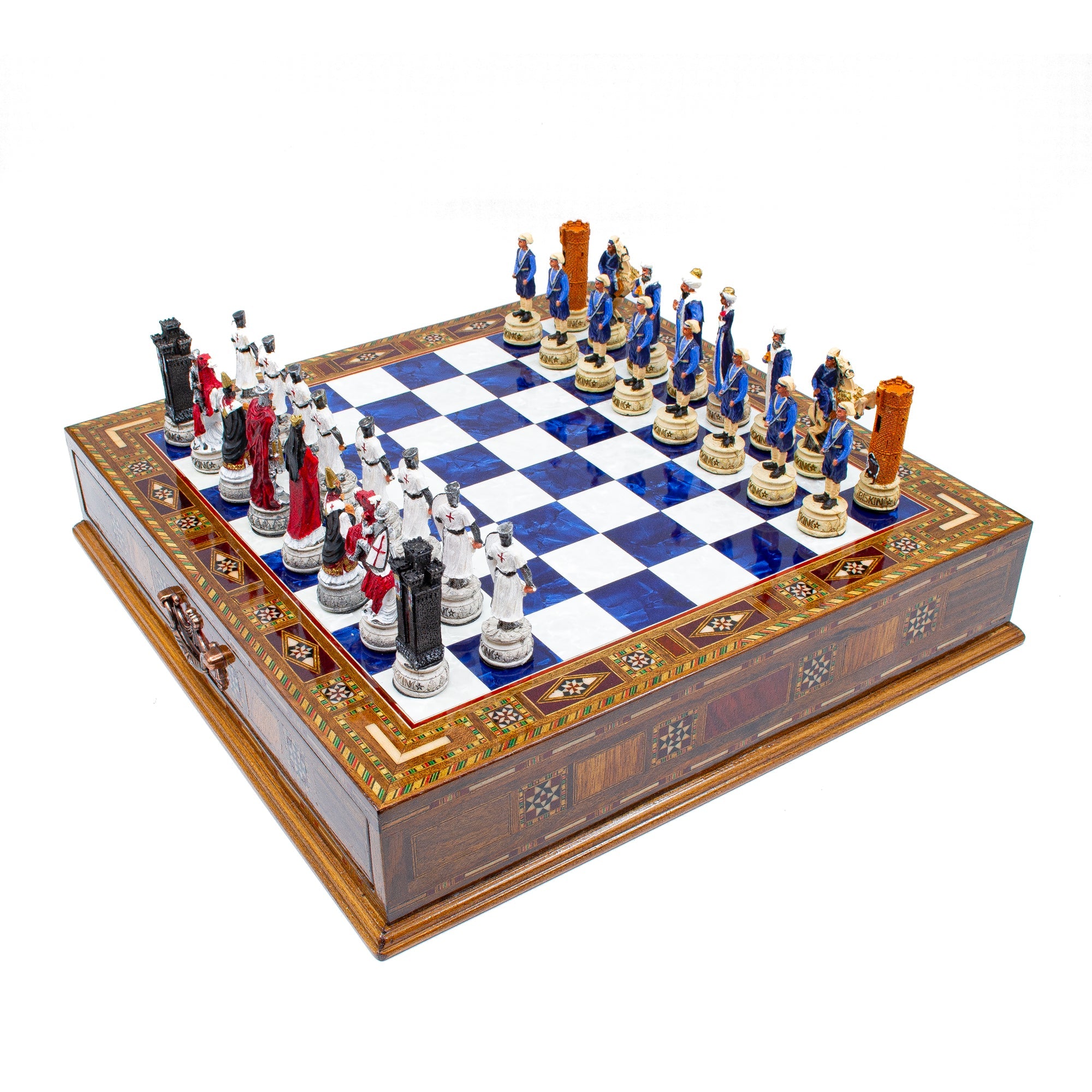
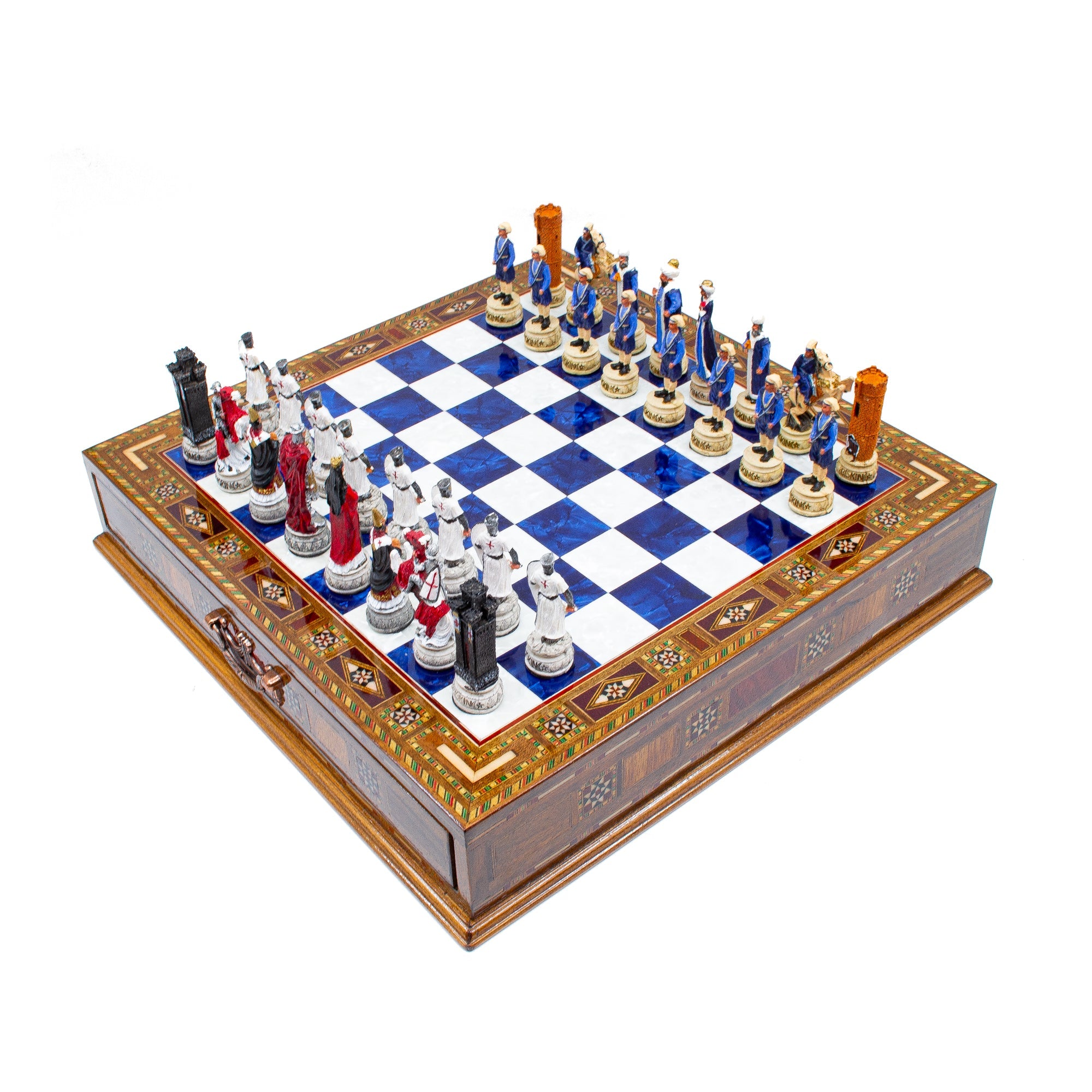
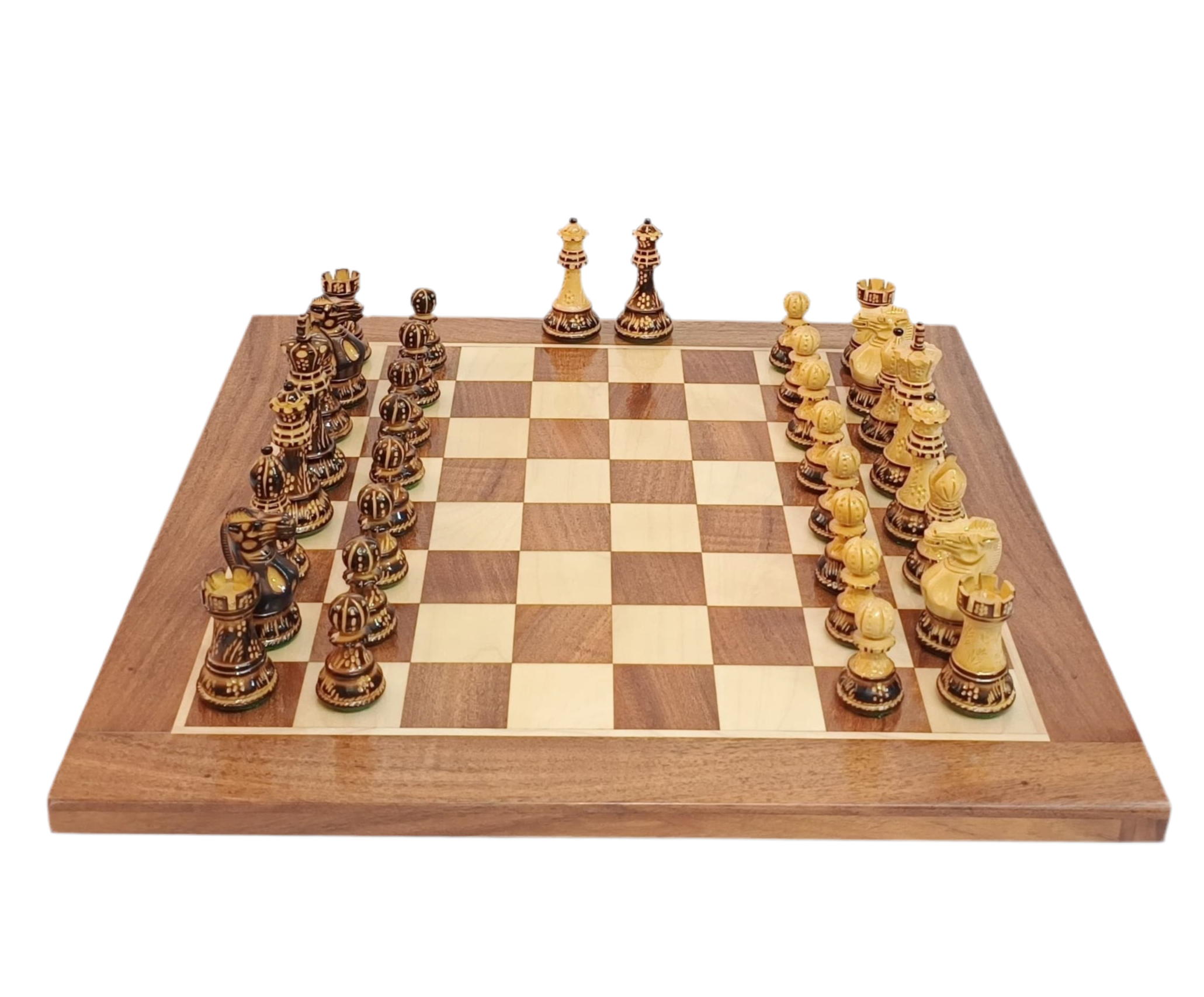
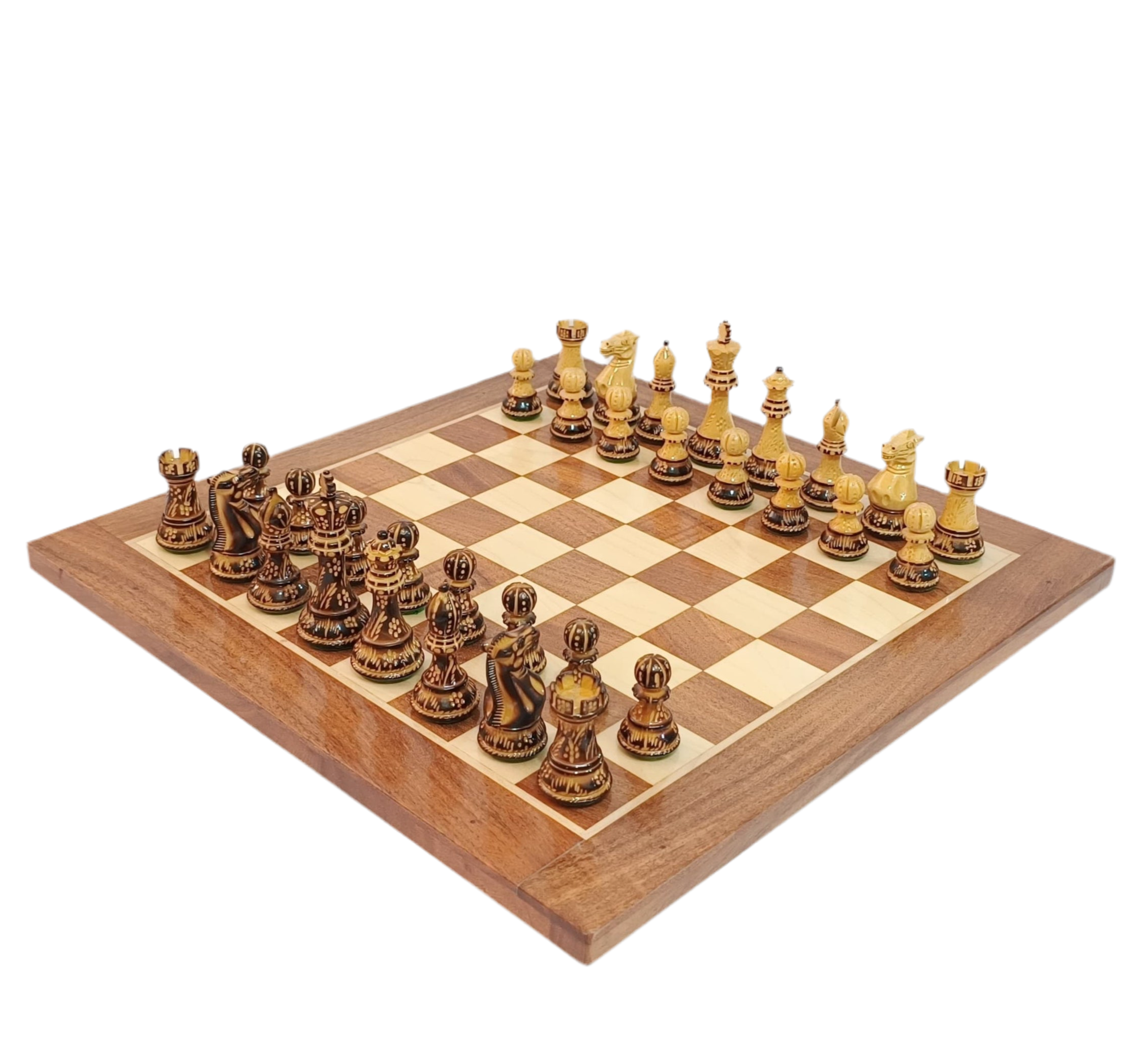
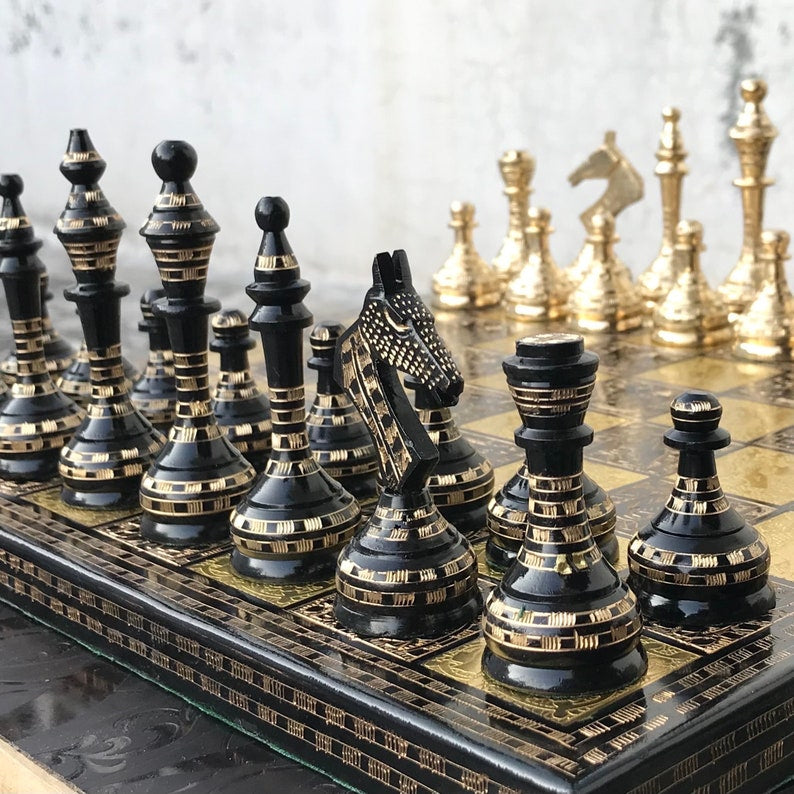
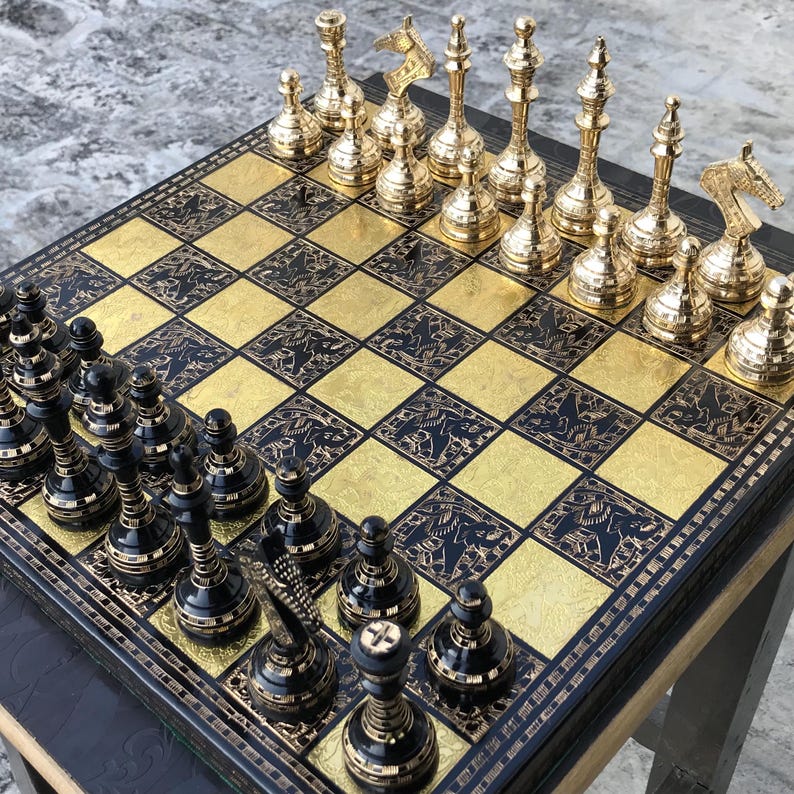


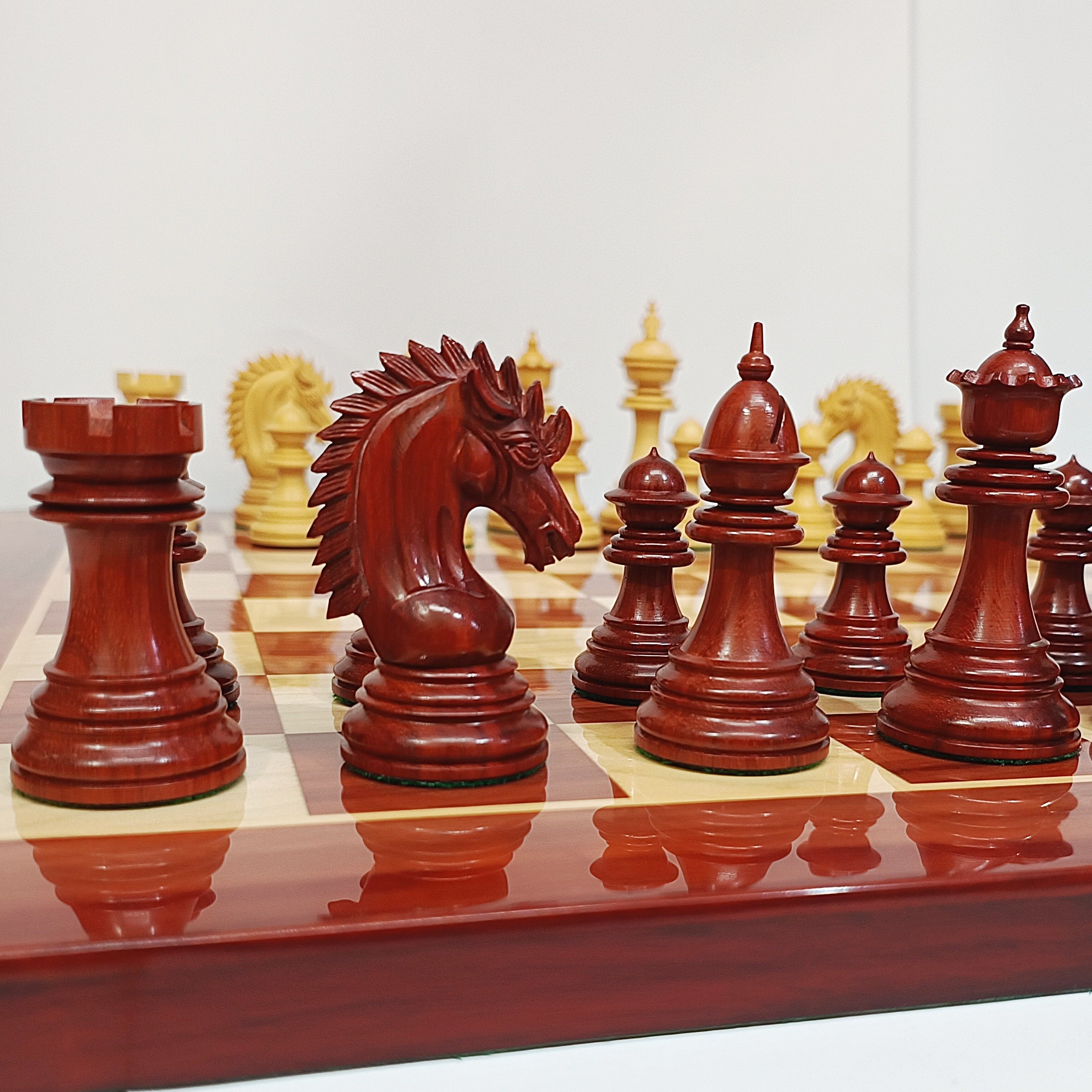
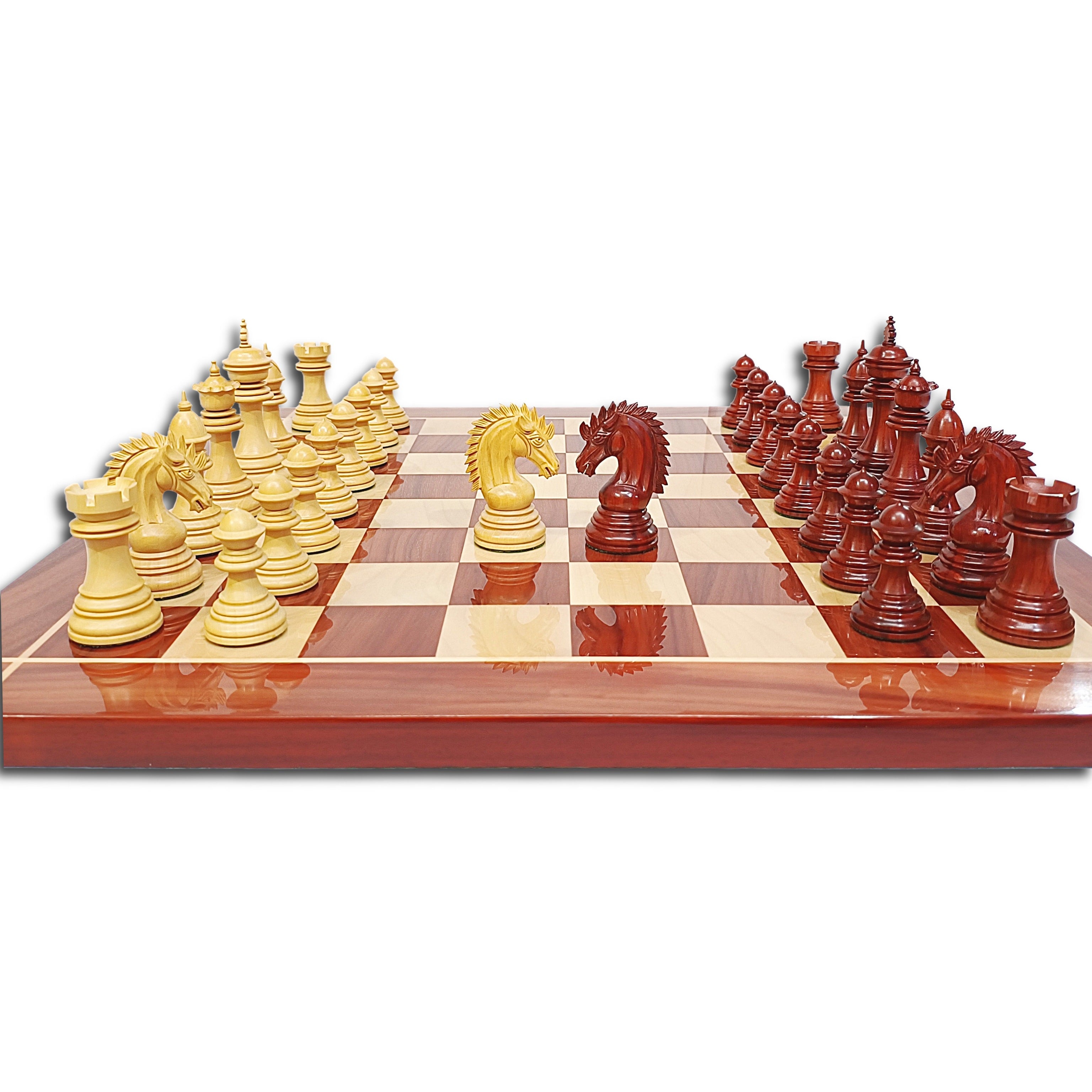
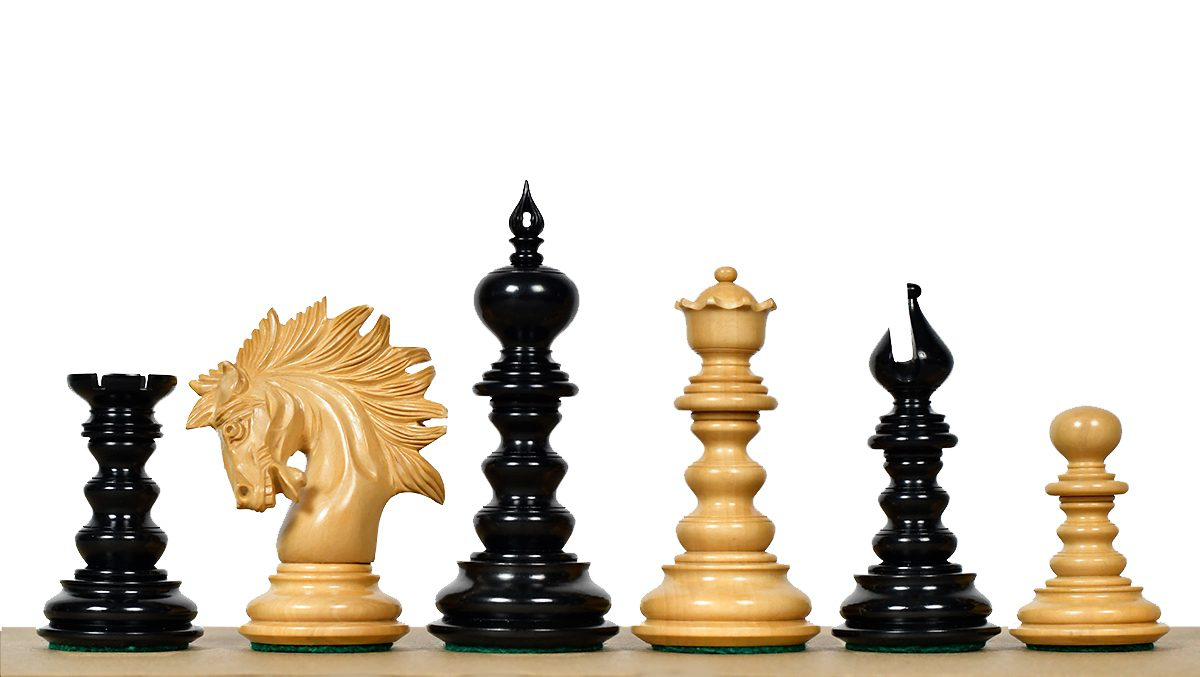
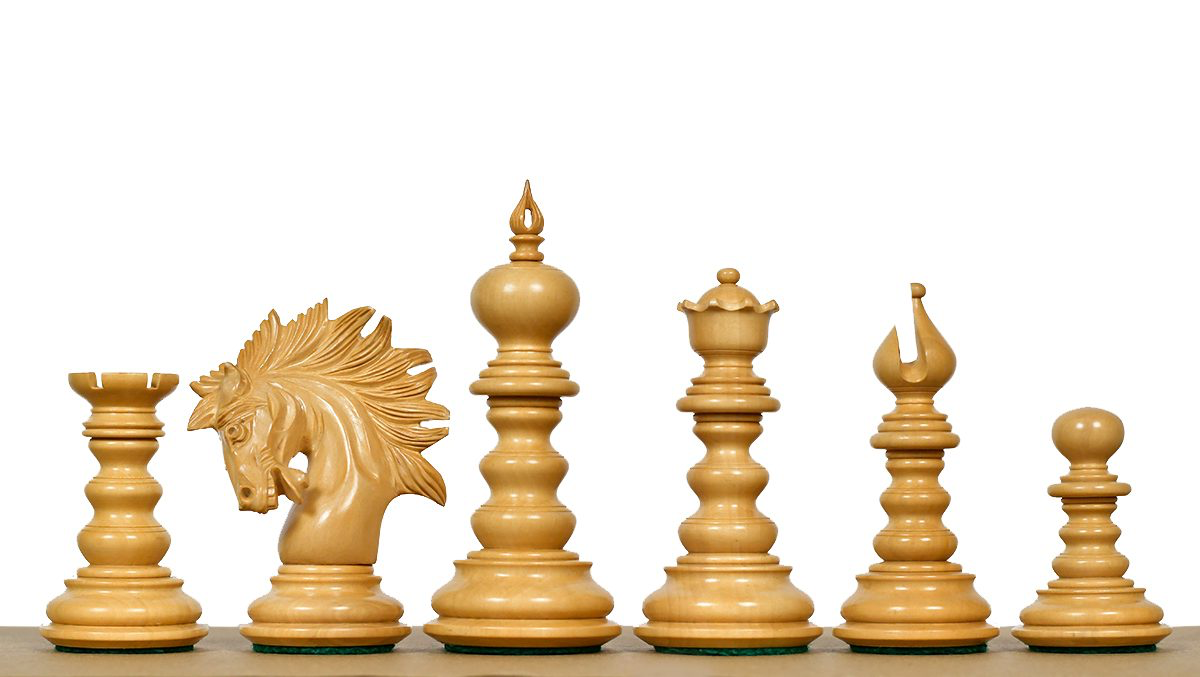
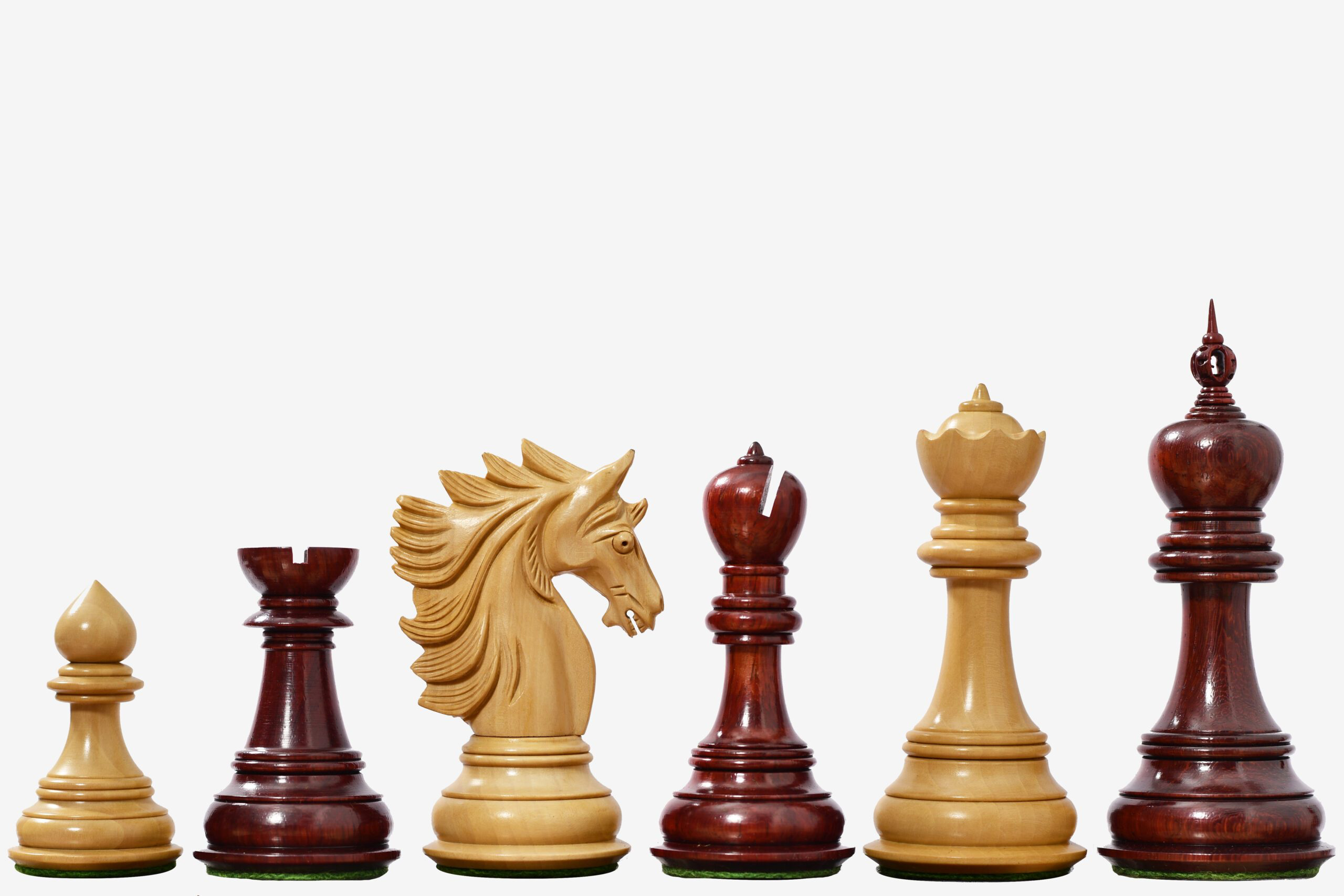
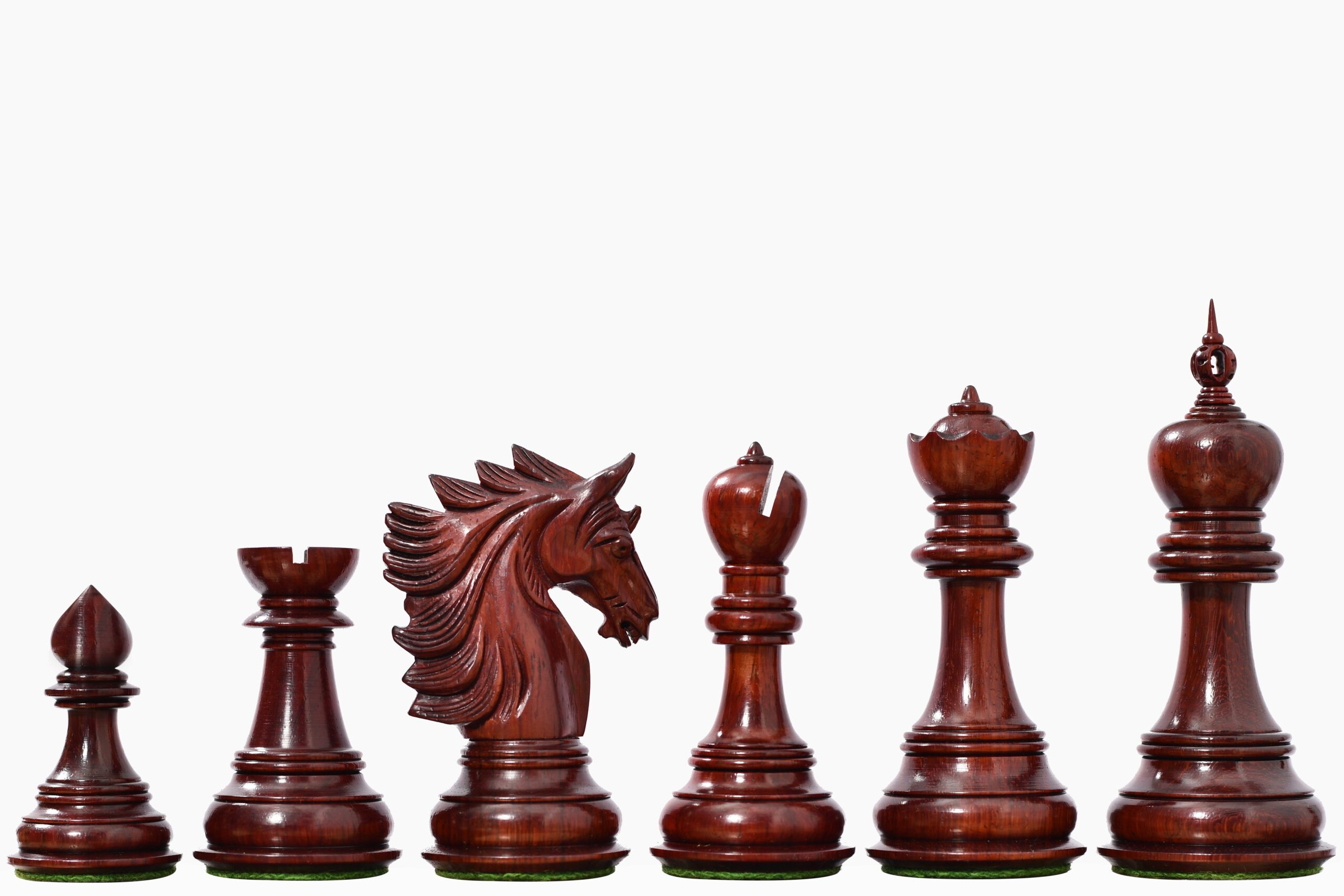
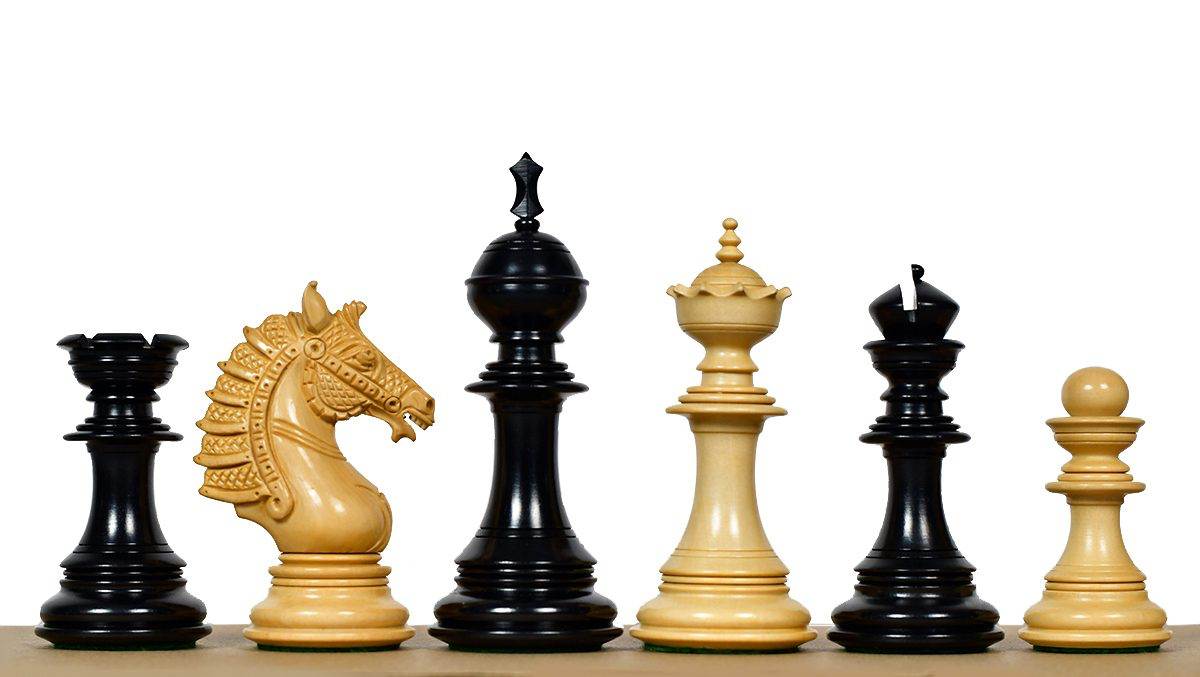
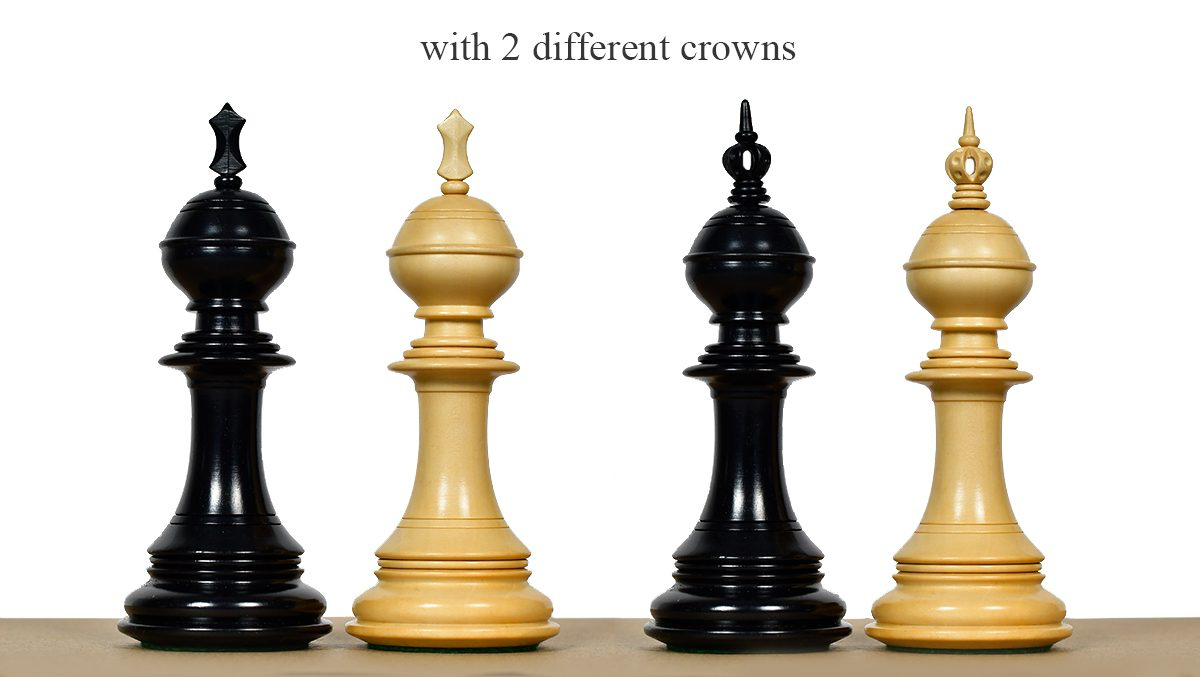
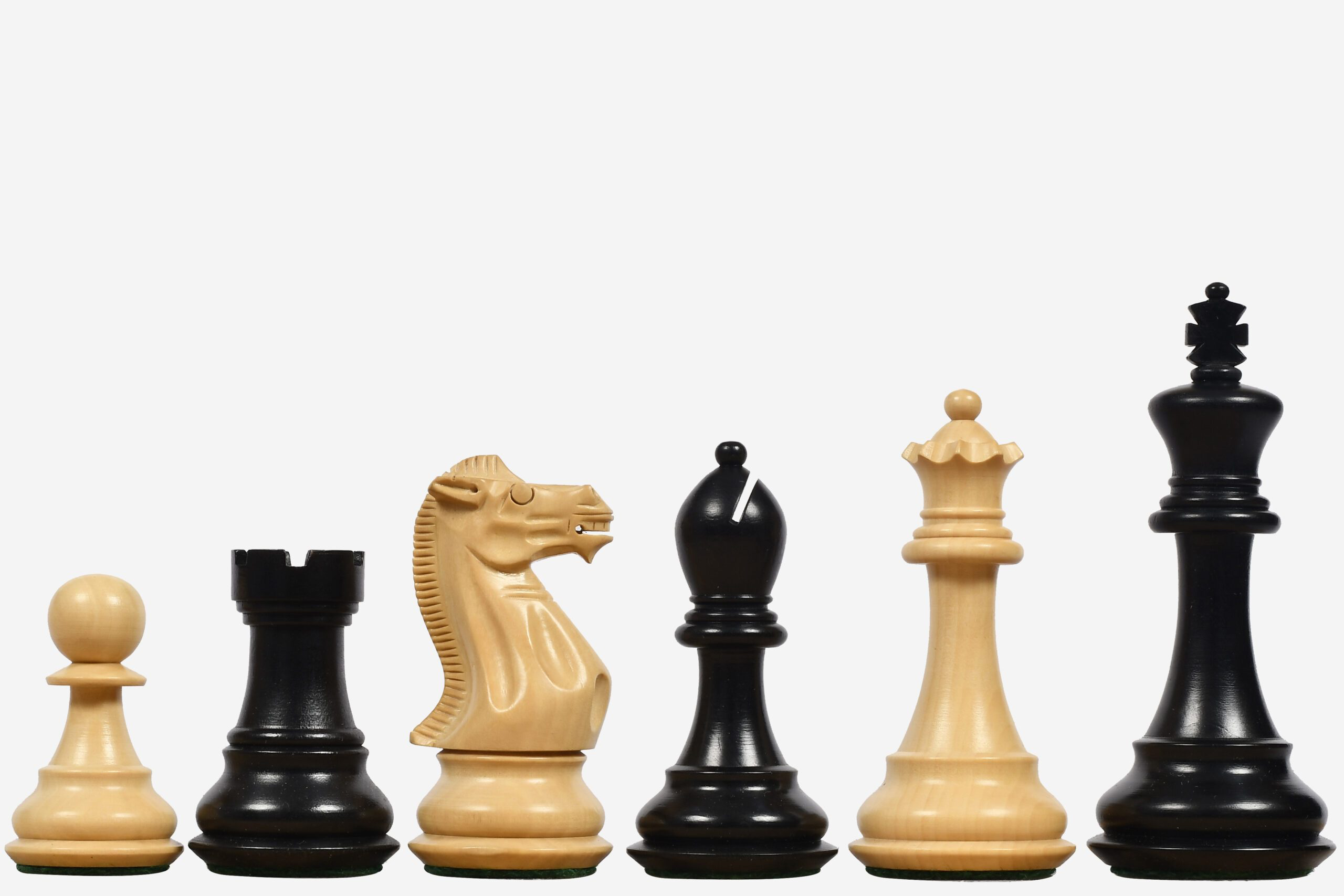
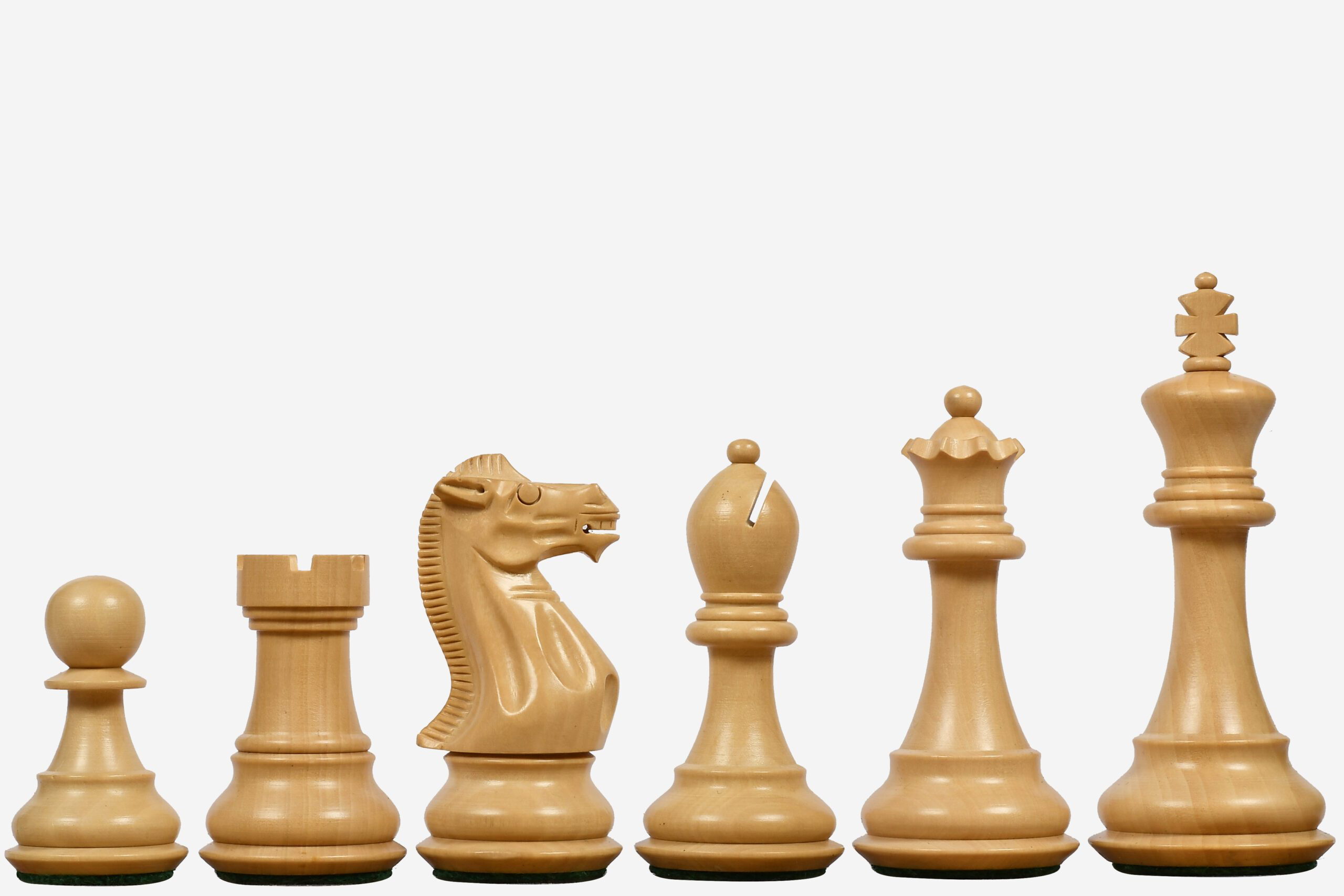
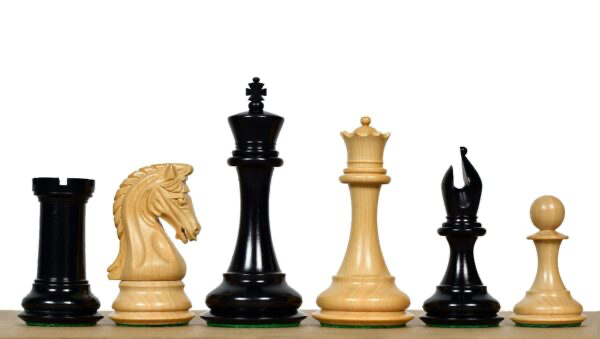
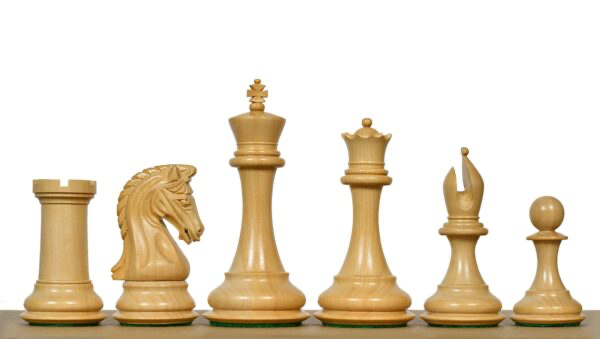
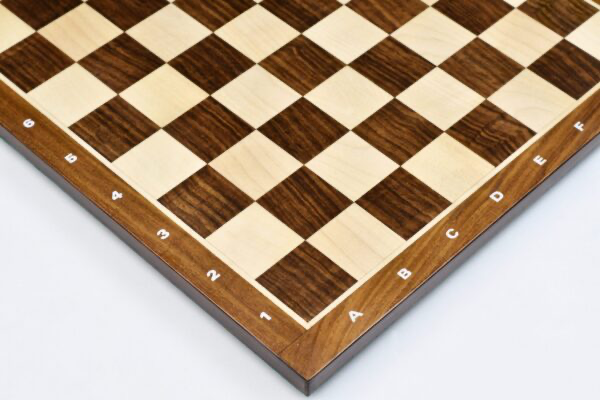
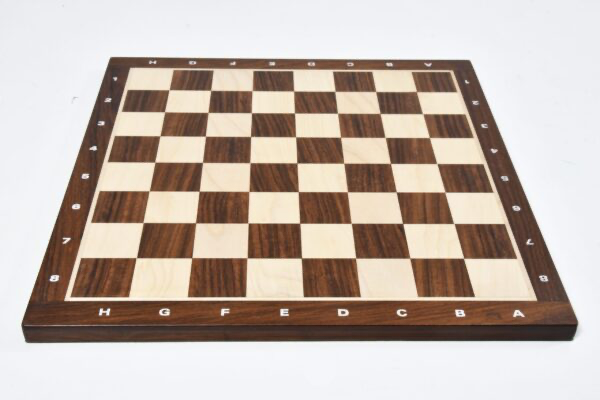
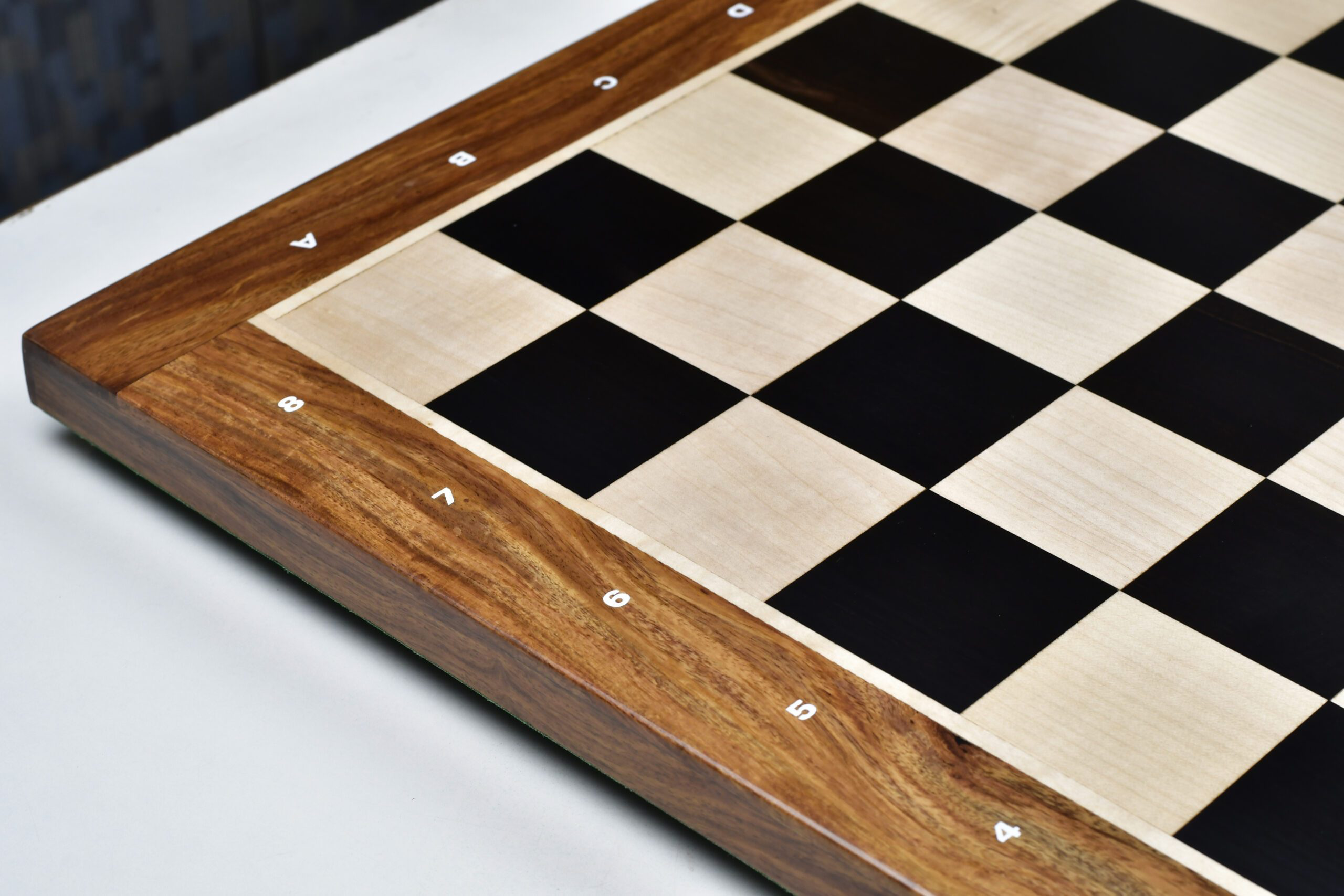
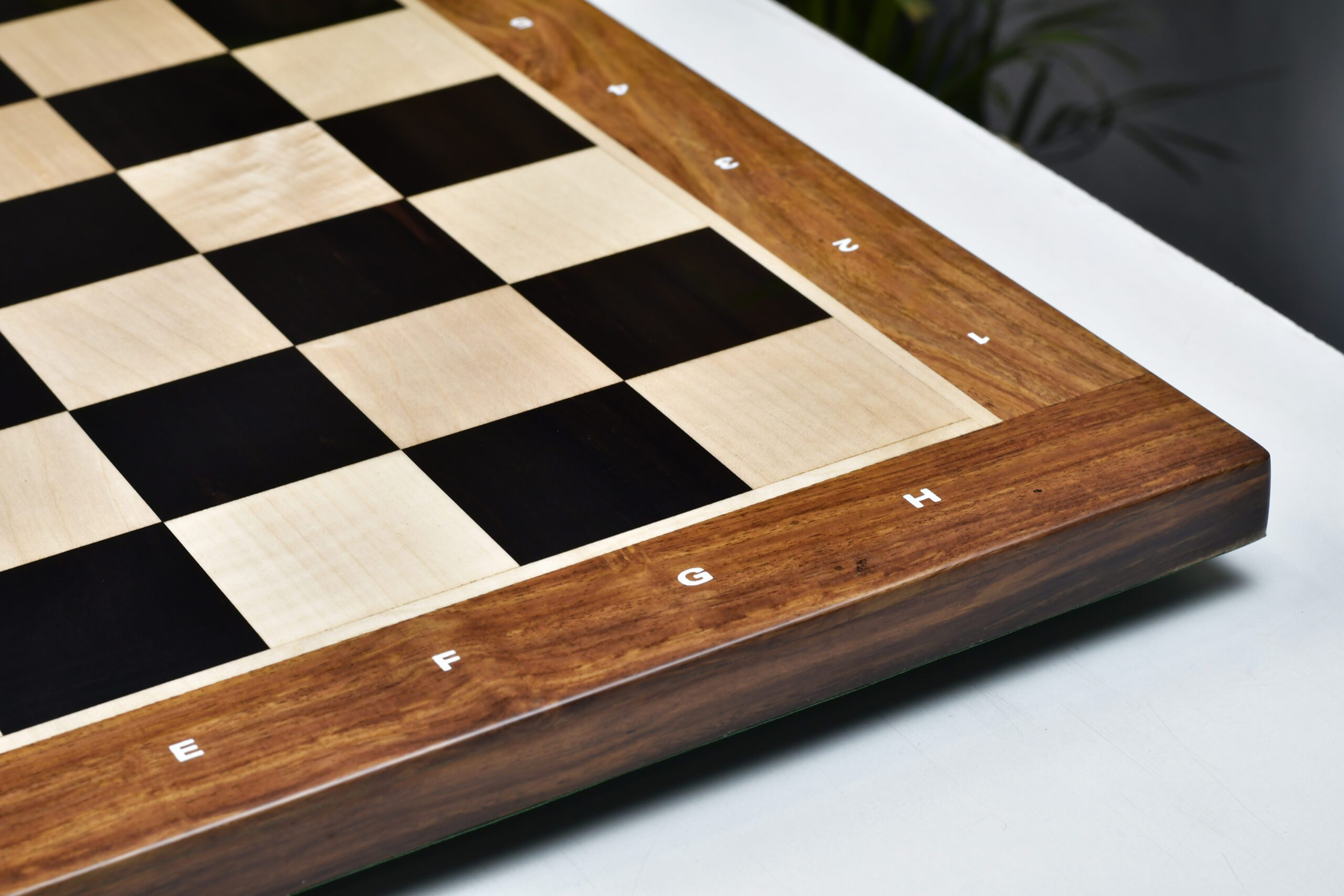
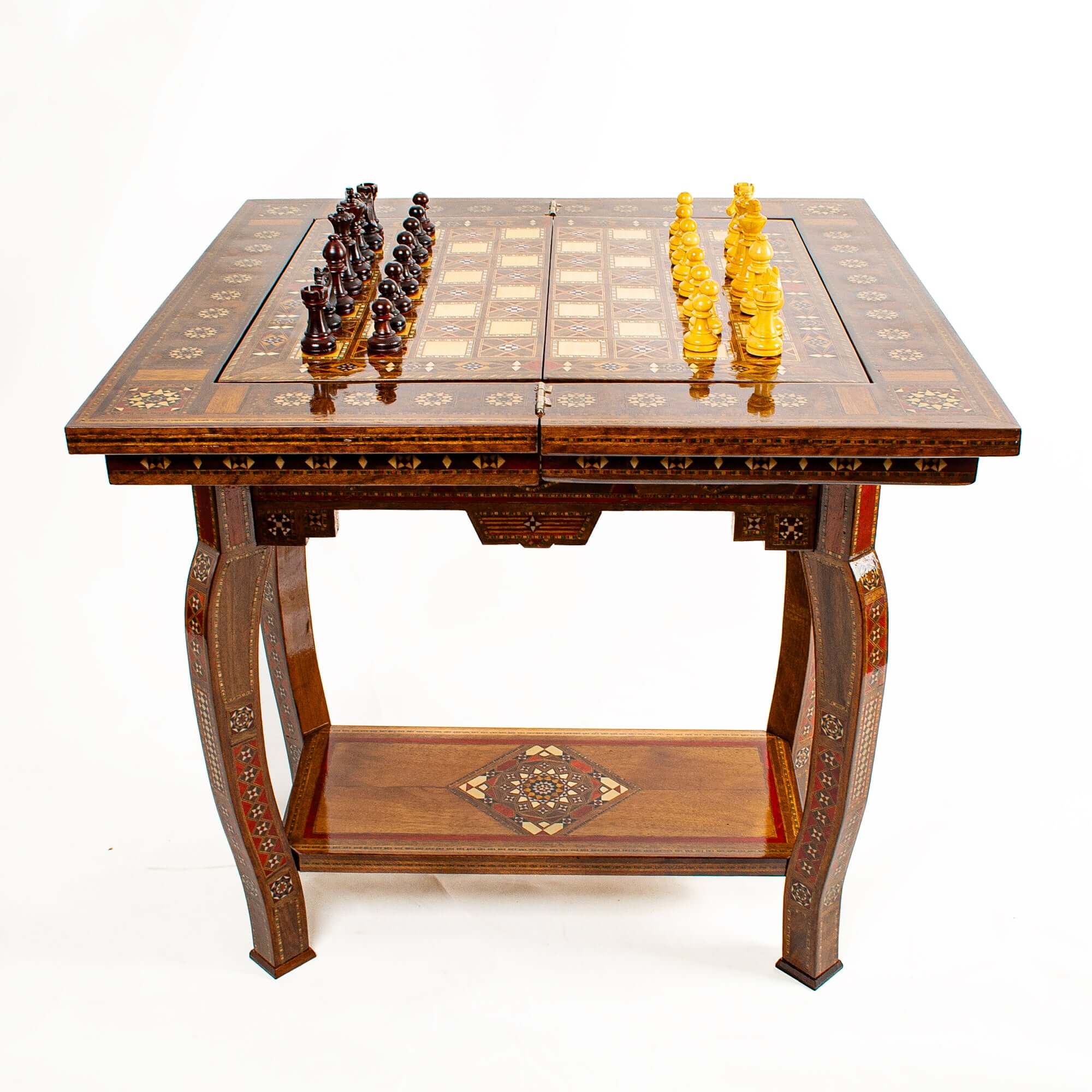

Leave a comment
All comments are moderated before being published.
This site is protected by hCaptcha and the hCaptcha Privacy Policy and Terms of Service apply.